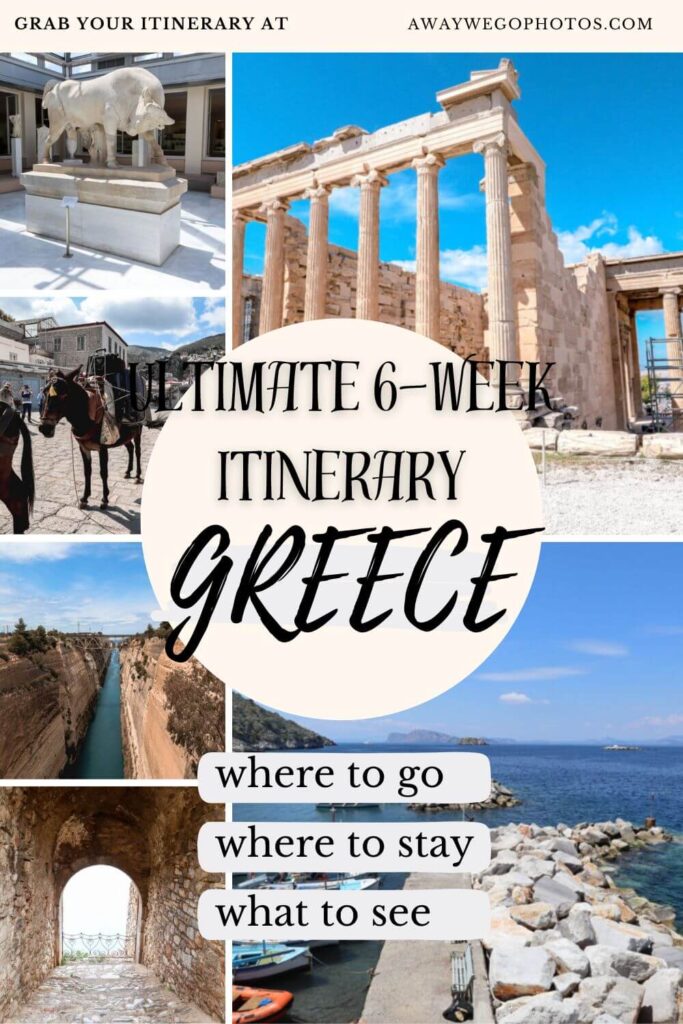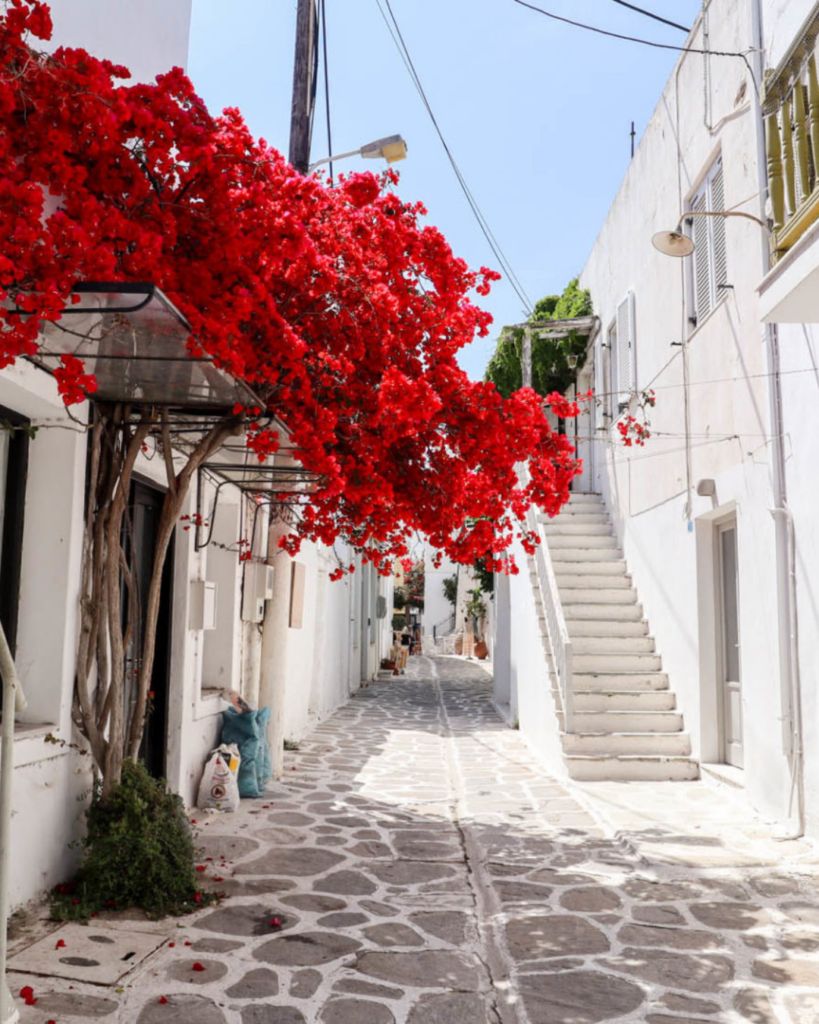Planning a trip to Greece? This 20-day Greece travel itinerary will make your planning effortless! Follow this guide to ensure you experience all the top attractions and must-see destinations in the country.
Note: Visited Greece in 2023
This post has affiliate links (no extra cost to you)!
Greece Travel: Day 1 - Arrived to Athen
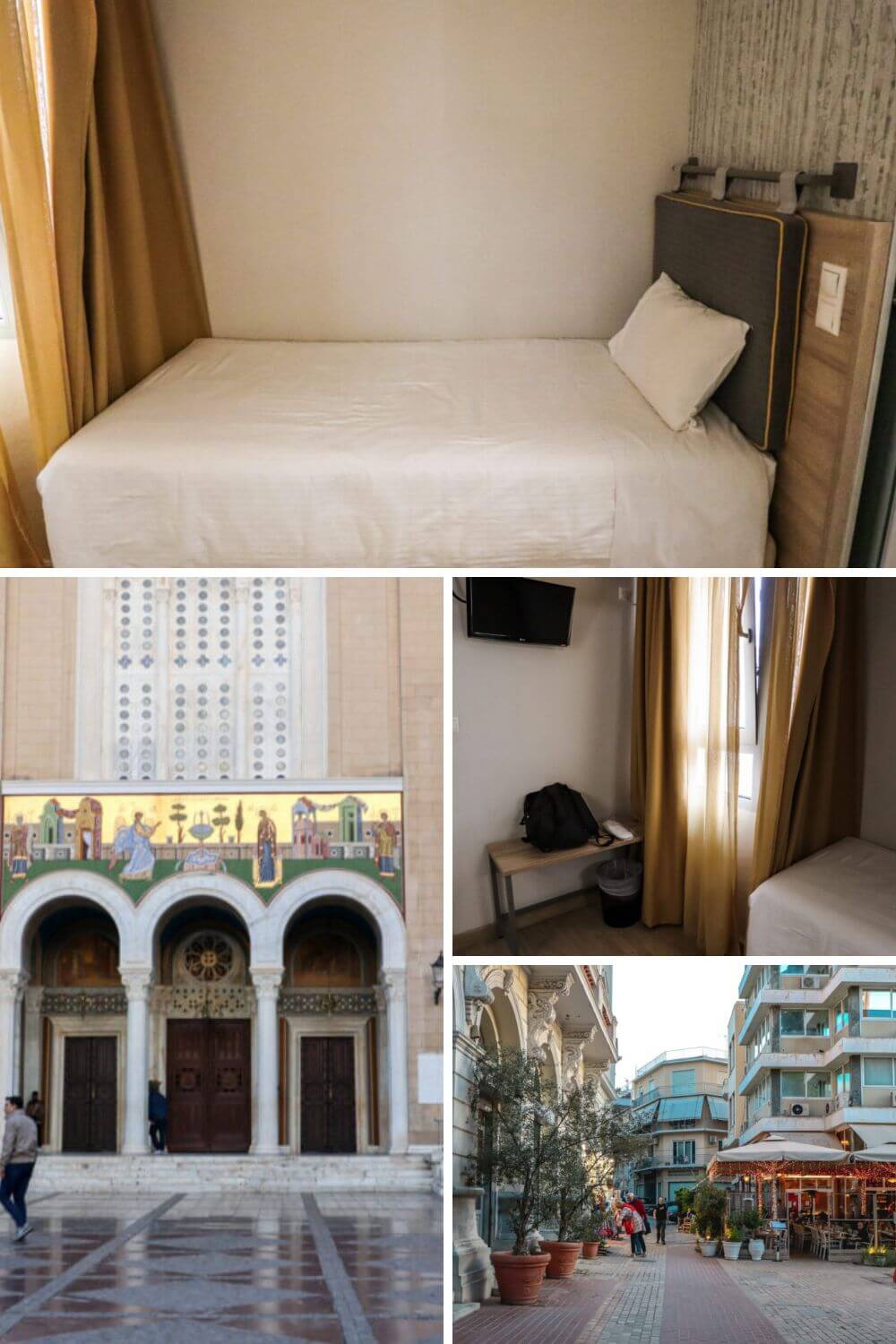
Greece Travel: Day 2 - Explore in Athens
Today, experience the Acropolis of Athens, explore the Roman Forum of Athens, and dive into the vibrant city life.
Places I Visited: Acropolis of Athens, The Roman Agora
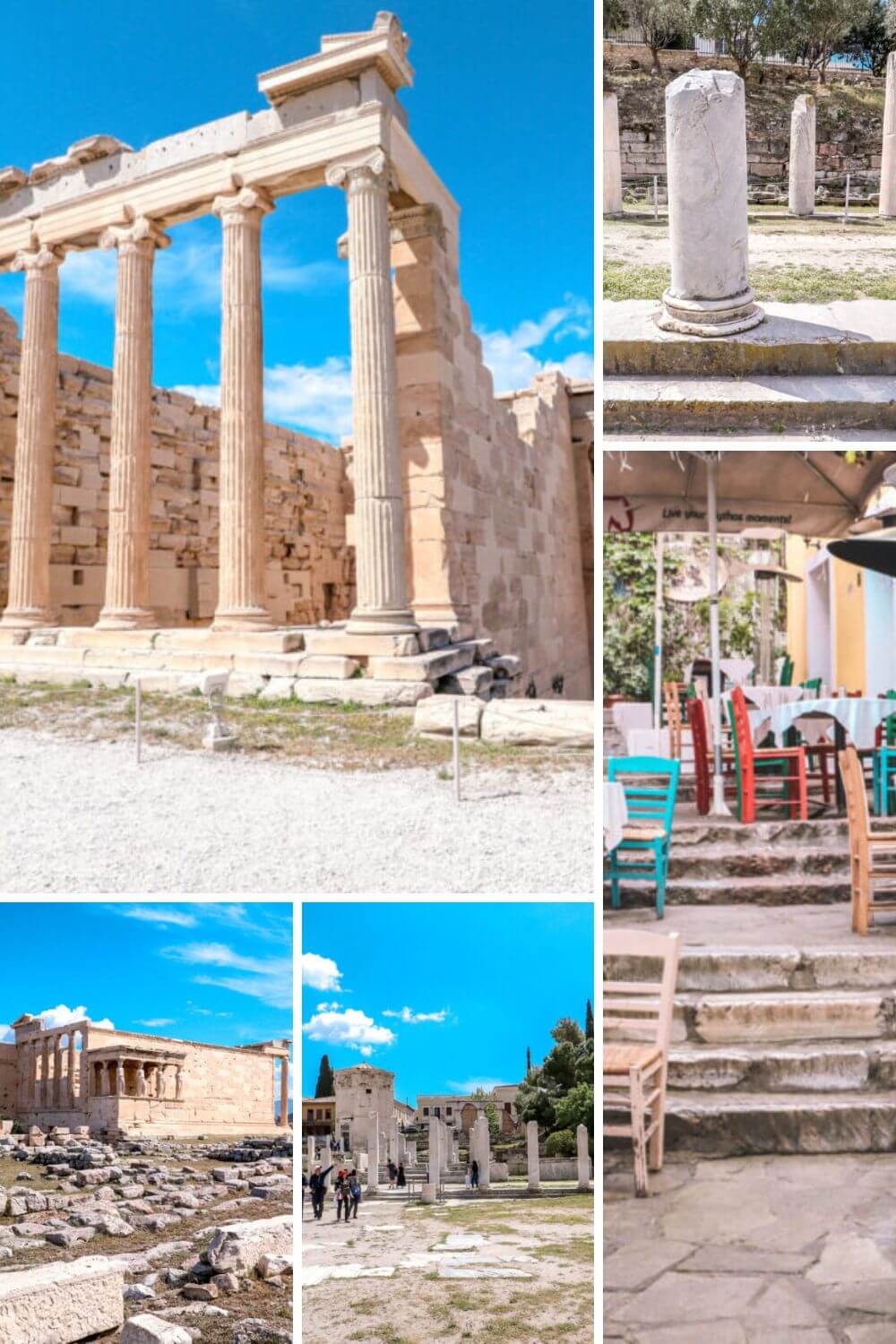
Greece Travel: Day 3 - Explore in Athens
Today, experience the Ancient Agora of Athens, explore the Archaeological Site of Kerameikos, and finally Hadrian’s Library.
Places I visited: Ancient Agora of Athens, Archaeological Site of Kerameikos, Hadrian’s Library
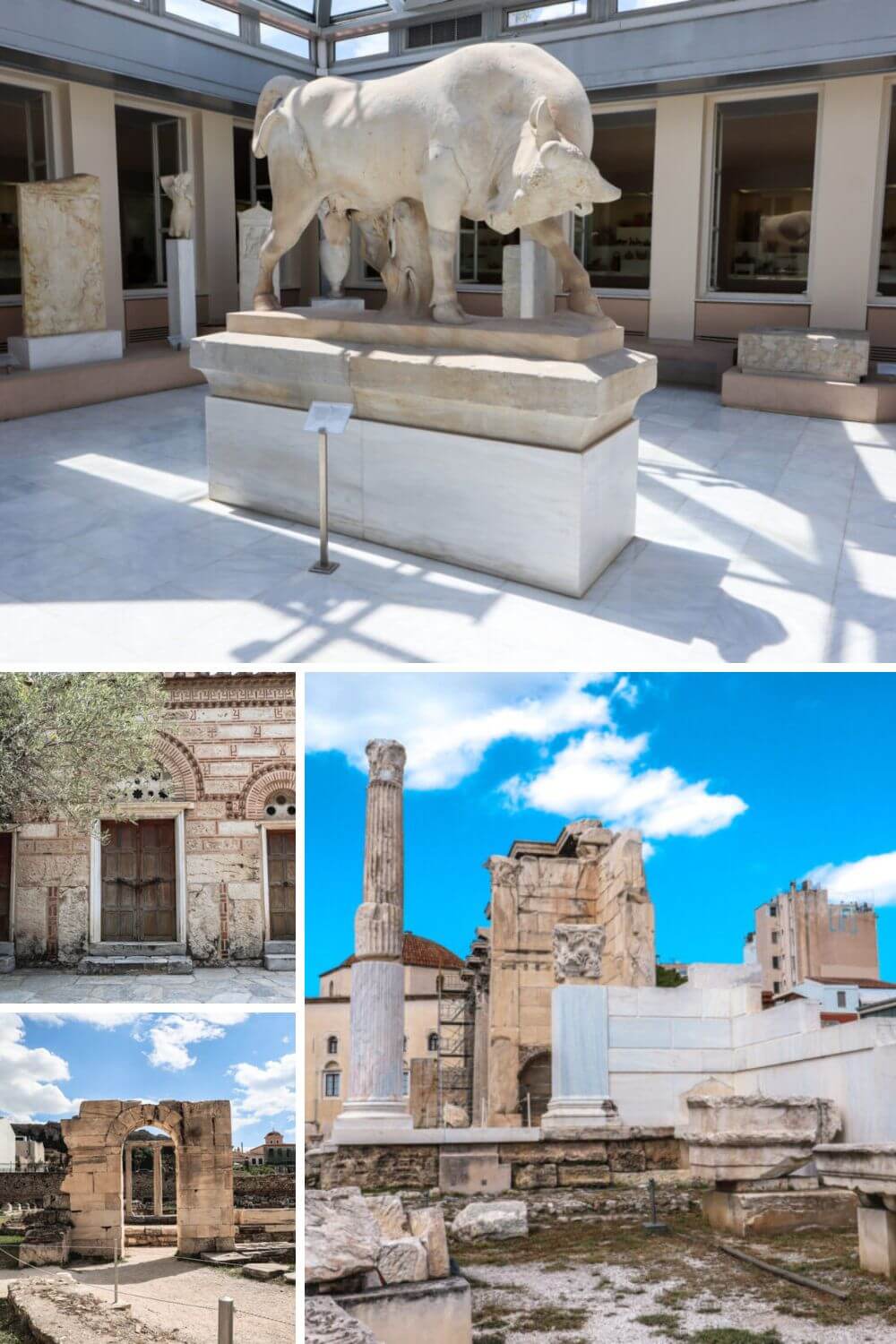
Greece Travel: Day 4 - Panathenaic Stadium and Changing of Guards
Today you’ll visit Panathenaic Stadium and see the Changing of Guards.
Places I visited: Panathenaic Stadium, Changing of Guards
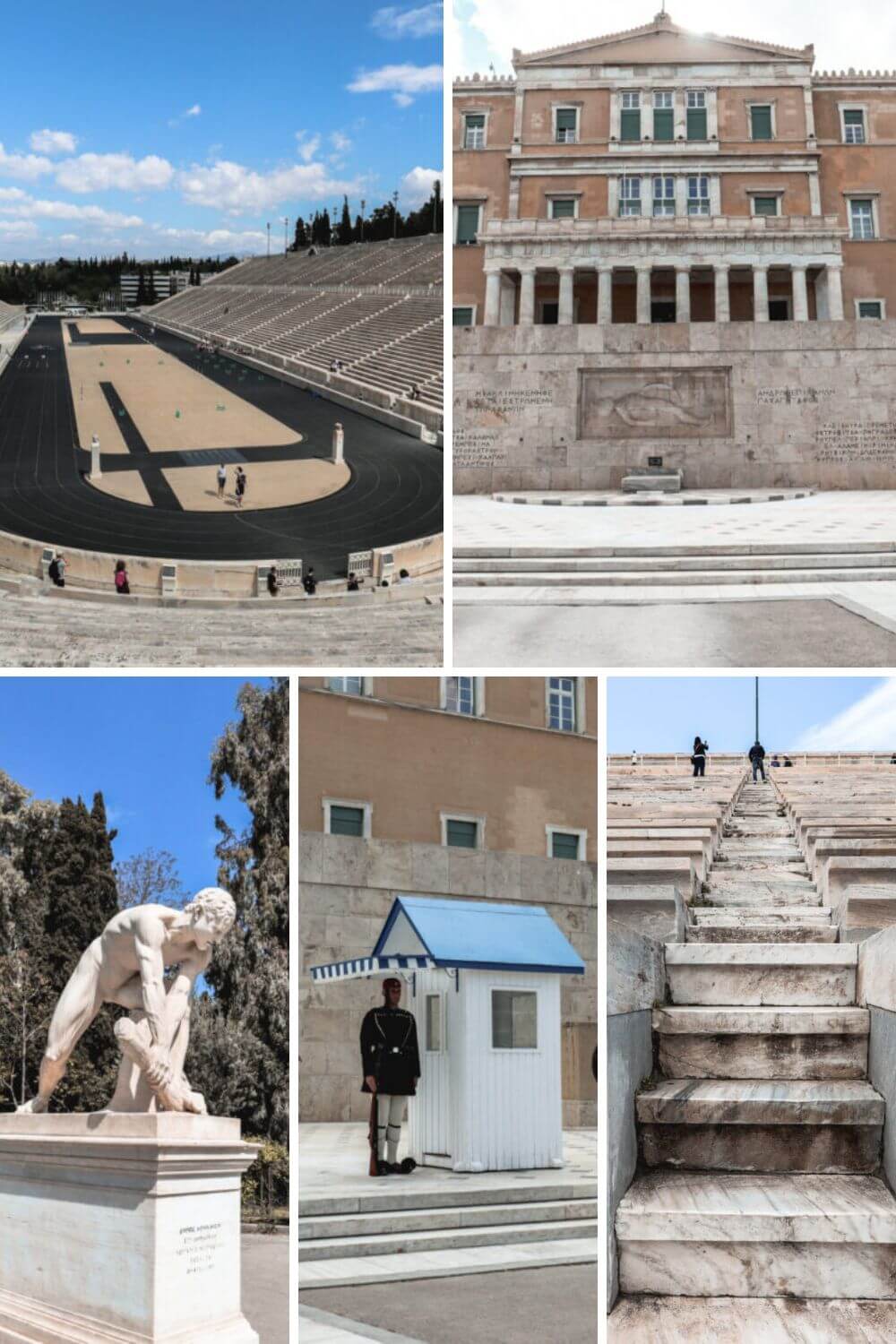
Greece Travel: Day 5 - Jet Ferry to Hydra Island
Today, you’ll take a jet ferry from Athens to Hydra Island, a ride that will last around 1.5 to 2 hours. You’ll be spending only one night there.
Where I stayed: Hydroussa Hotel
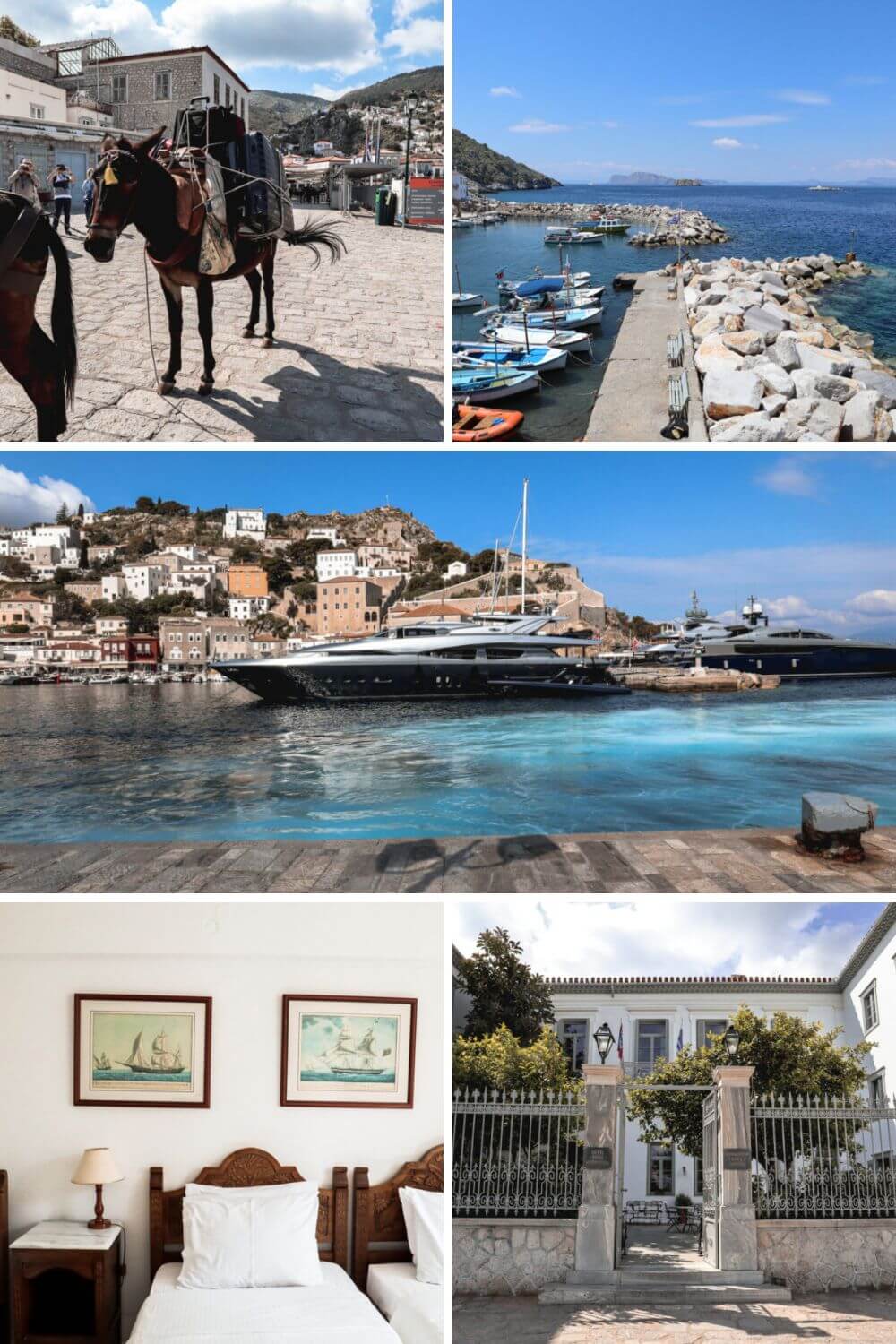
Greece Travel: Day 6 - Nafplio
Today, you’ll take a jet ferry back to Athens and pick up your rental car at the airport. You’ll stop by Acrocorinth, the Ancient Theatre at the Asclepieion of Epidaurus, and the Corinth Canal before reaching your destination in Nafplio. Will spend 2 nights in Nafplio.
Where I stayed: Park Hotel
Places I visited: Acrocorinth, Ancient Theatre at the Asclepieion of Epidaurus, Corinth Canal
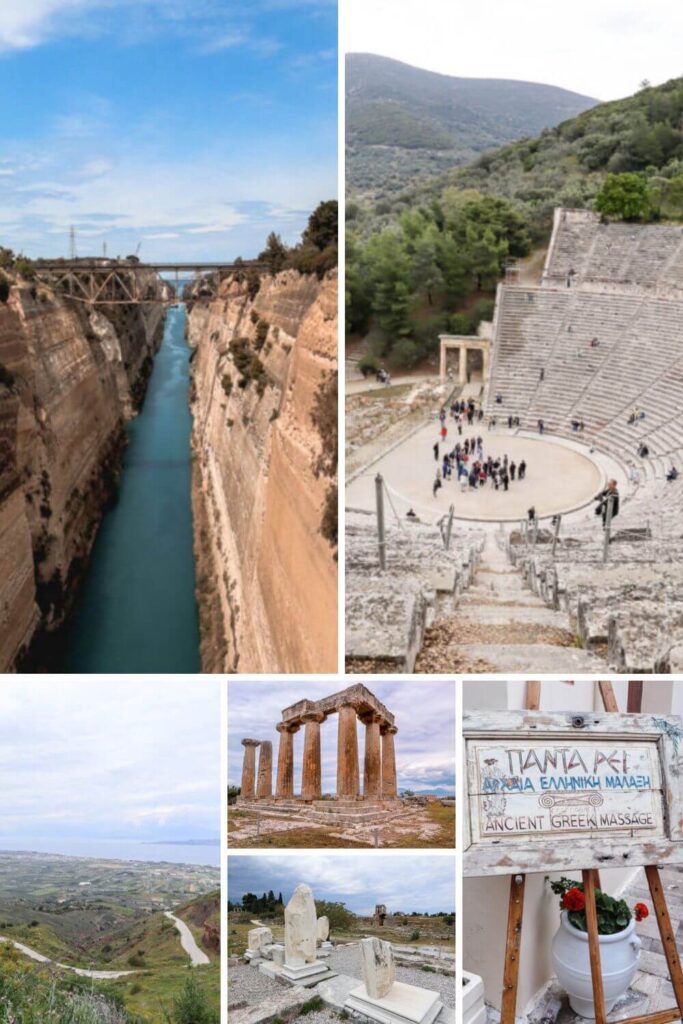
Greece Travel: Day 7 - Explore Akronafplia Fortress and Nafplio
Today, you’ll visit Akronafplia Fortress and continue exploring around Nafplio.
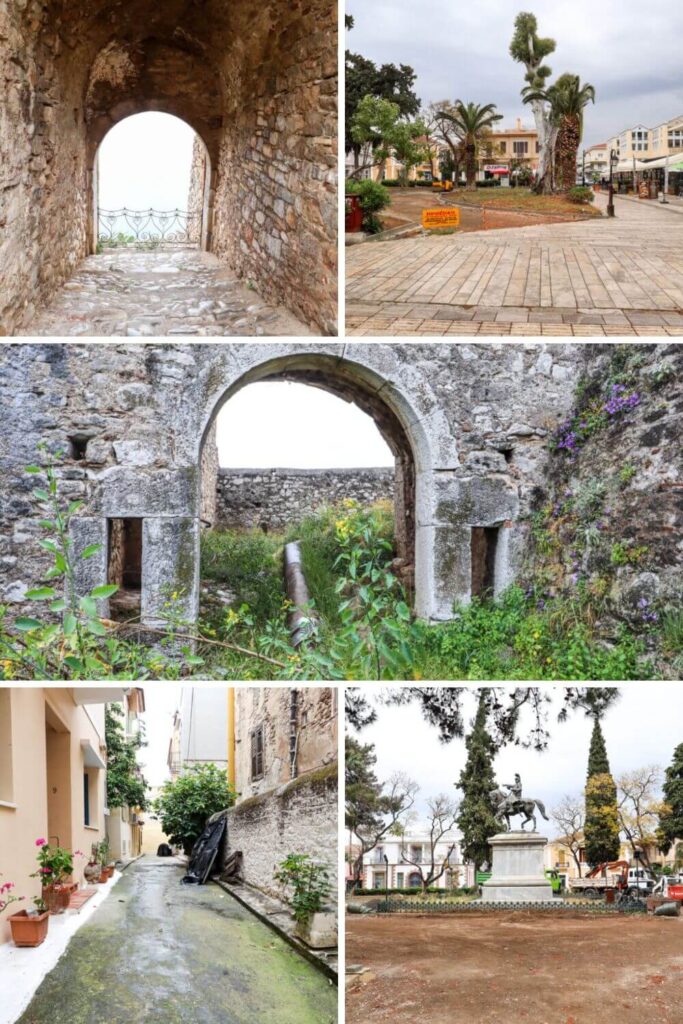
Greece Travel: Day 8 - Sparta
Today, you’ll drive by Larissa Castle in Argos, Monastery Elonas, the Mycenaean Acropolis of Tiryns, Mycenae, Treasury of Atreus before making your final stop at Mystras Grand Palace Resort. You’ll only spend a night there.
Where I stayed: Mystras Grand Palace Resort
What I visited: Larissa Castle Argos, Monastery Elonas, Mycenaean Acropolis of Tiryns, Mycenae, Treasury of Atreus
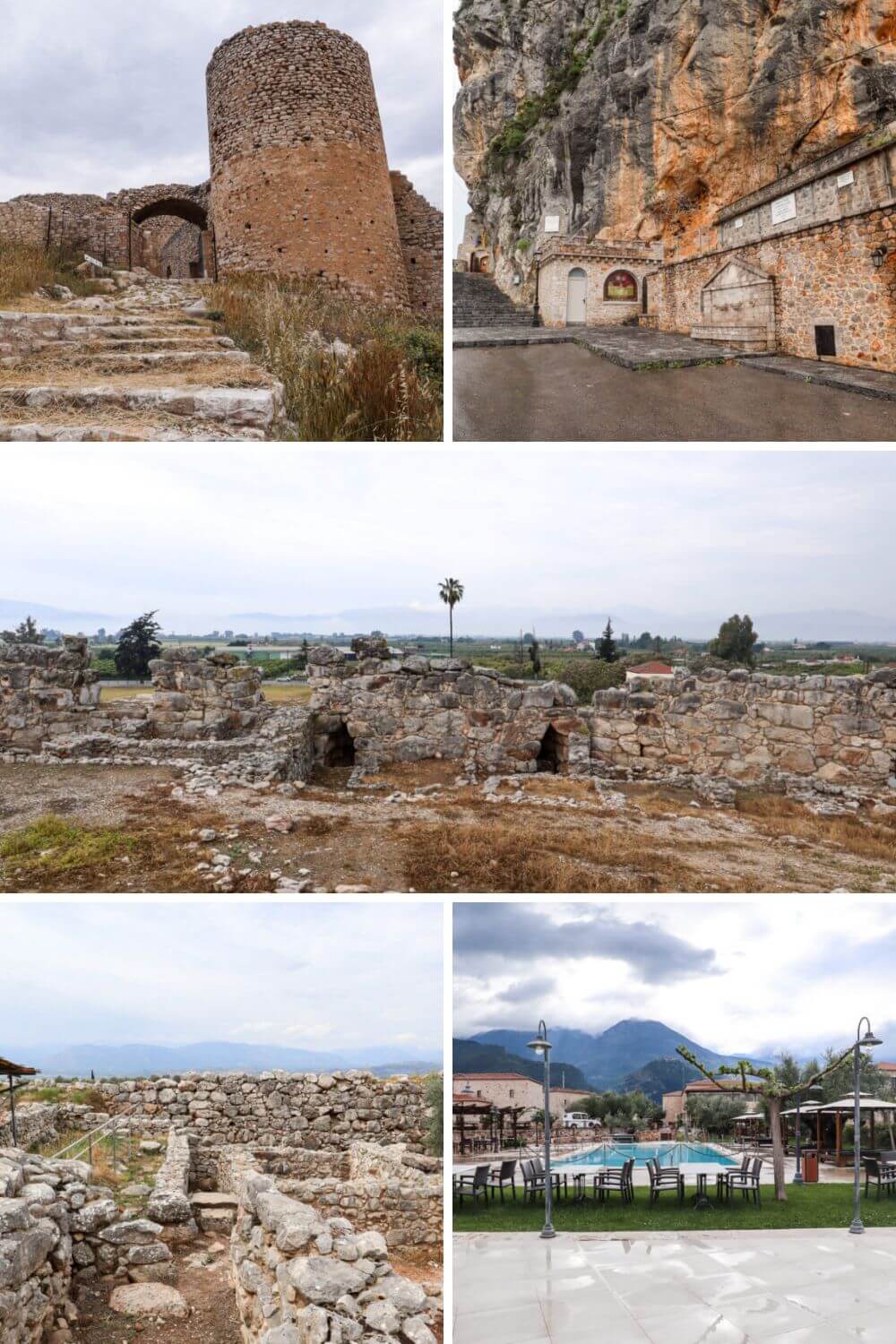
Greece Travel: Day 9 - Kardamyli
What I visited: Acropolis of Ancient Sparta, Archaeological site of Mystra, Caves of Diros
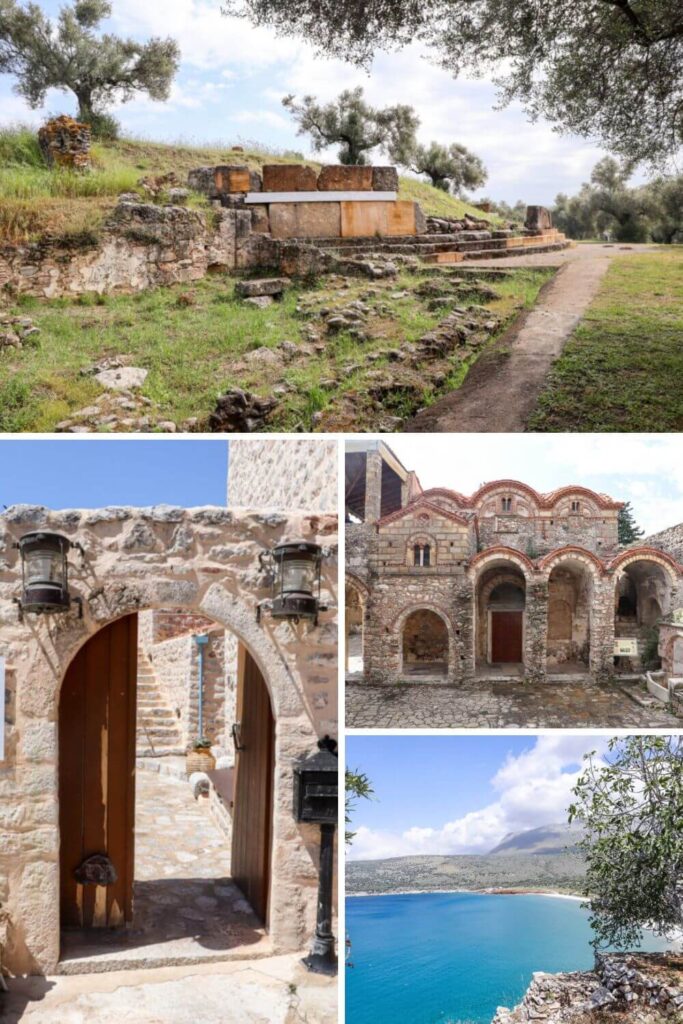
Greece Travel: Day 10 - Pylos
Today, you’ll stop by Ancient Messene, the town of Limeni, Mourtzinos Tower, before making your final stop in Pylos. You will only spend a night there
Where I stayed: Karalis Beach Hotel
What I visited: Ancient Messene, Limeni Town, Mourtzinos Tower
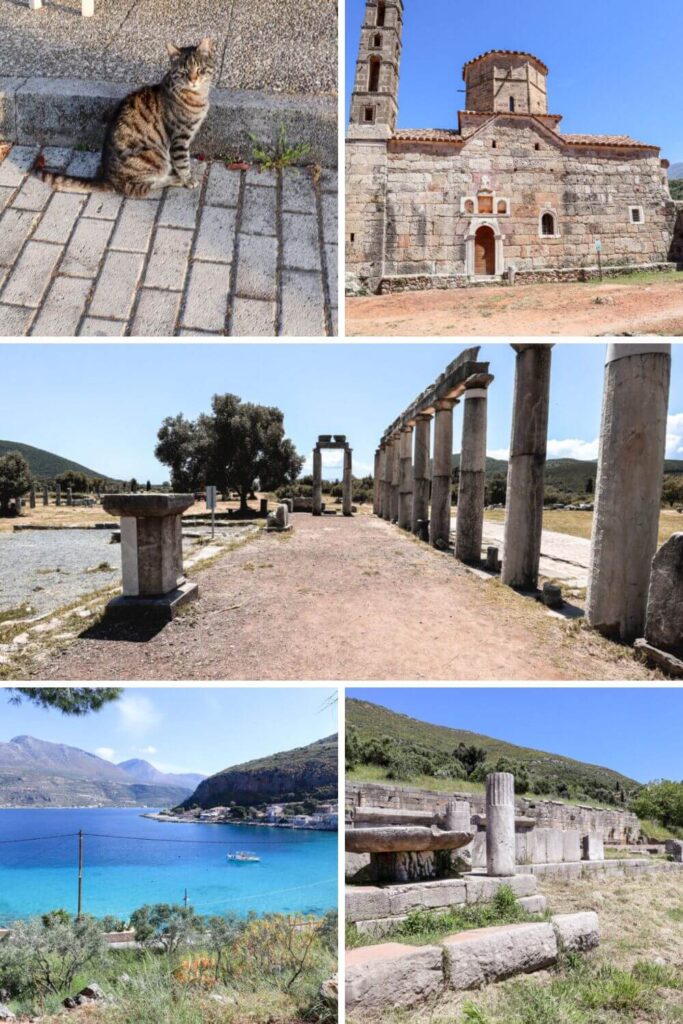
Greece Travel: Day 11 - Olympia
Today, you’ll be stopping by New Navarino Fortress, the Palace of Nestor, and your final stop will be Olympia. You will be spending 2 nights there.
Where I stayed: Hotel Kronio
What I visited: New Navarino Fortress, Palace of Nestor
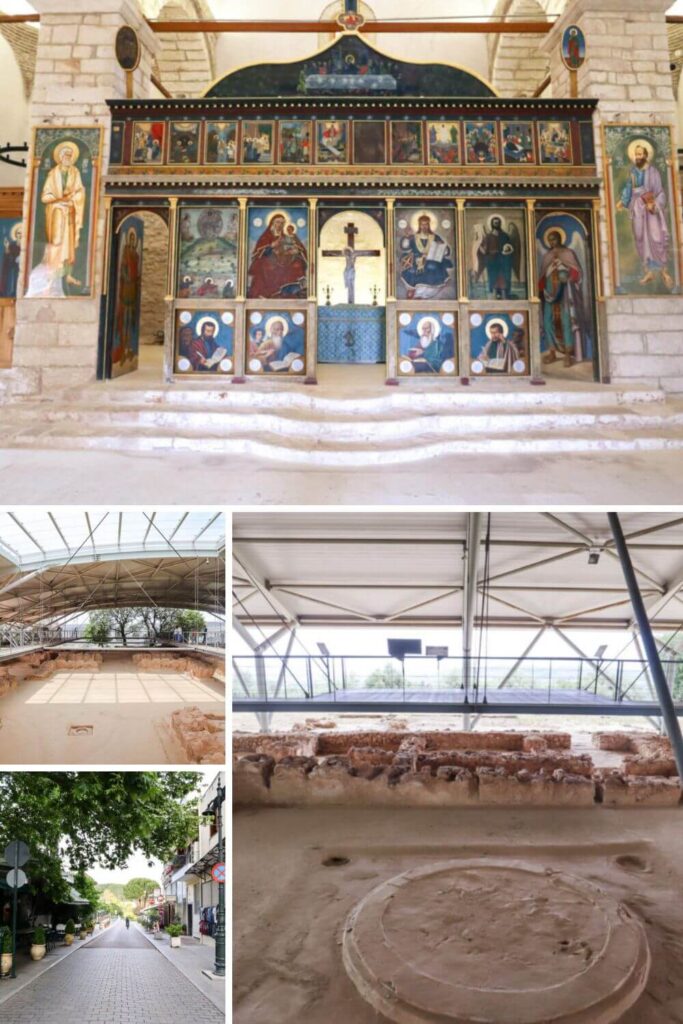
Greece Travel: Day 12 - Archaeological Site of Olympia
Today, you’ll be spending time exploring the Archaeological Site of Olympia
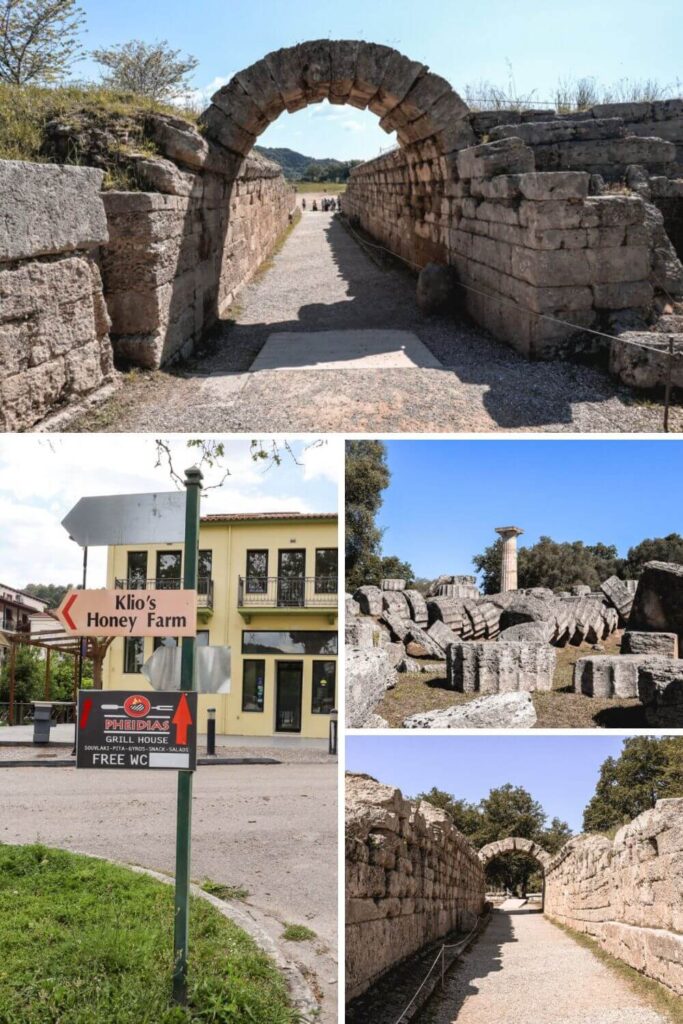
Greece Travel: Day 13 - Lefkada
Today, you’ll be driving over to Lefkada and spending only one night there.
Where I stayed: Hotel Porto Lygia
What I visited: Amfilochia
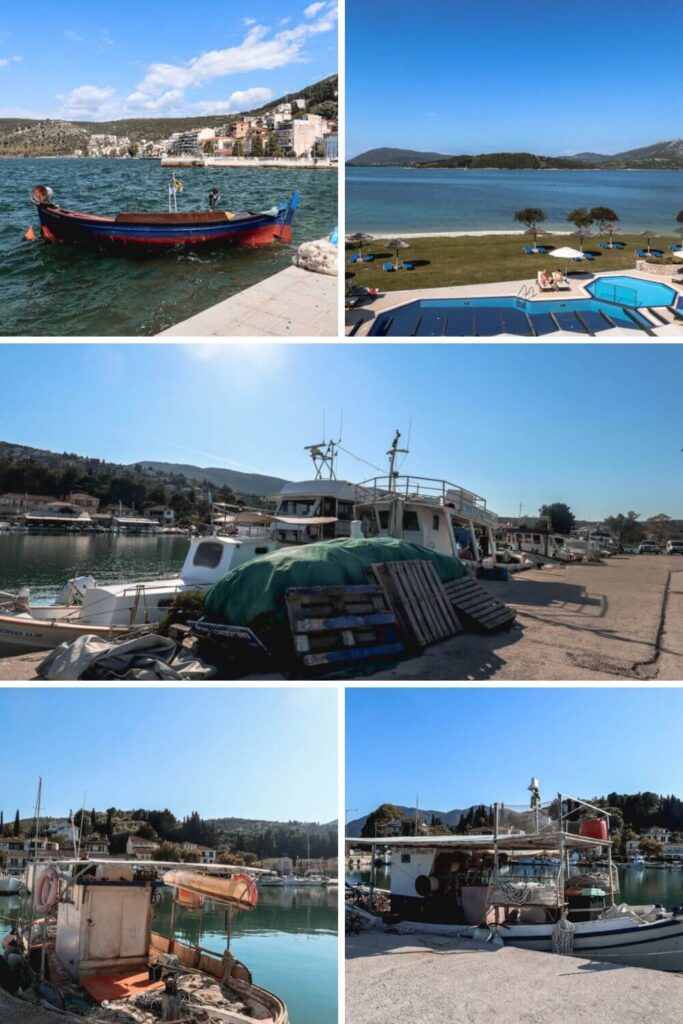
Greece Travel: Day 14 - Meteora, Greece
Today, you’ll be driving to Griva Castle, Stone Bridge and the waterfall of Palaiokarya before making your final stop in Meteora, Greece. You will be spending two nights there.
Where I stayed: Spanias Hotel
What I visited: Griva Castle, Stone Bridge and the waterfall of Palaiokarya
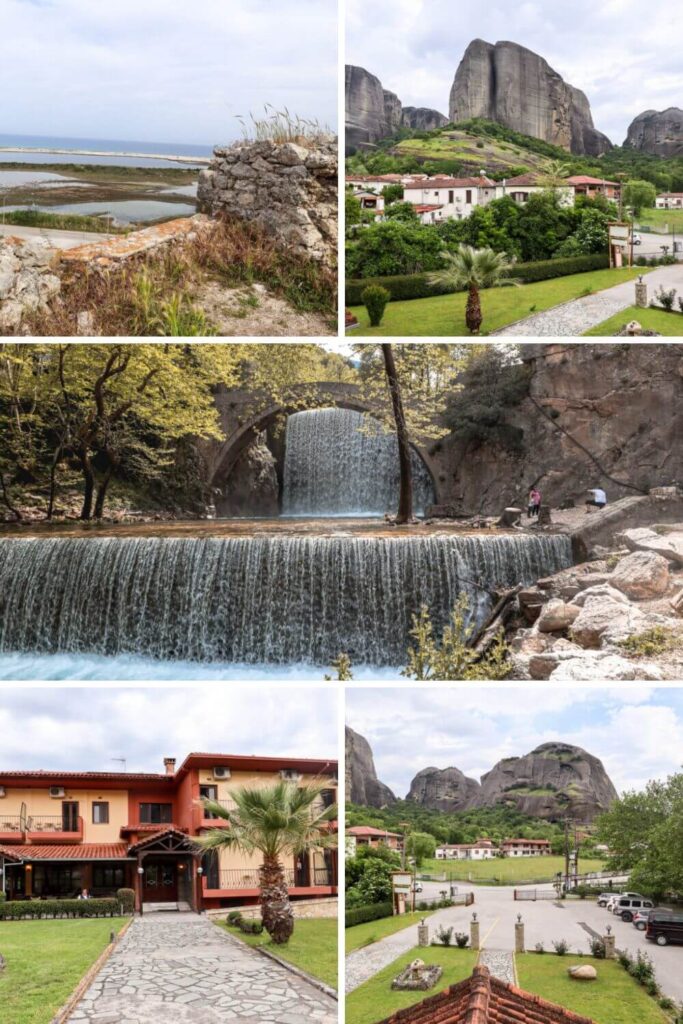
Greece Travel: Day 15 - Holy Monastery of Meteora
Today, you’ll be visiting the Holy Monasteries of Meteora. I hope you are in great shape because you’ll be doing a lot of walking!
What I visited: Holy Monastery of Saint Nicholas Anapafsas at Meteora, Holy Monastery of Rousanos – Saint Barbara, Holy Trinity (Agia Triada) Tzagaroli Monastery
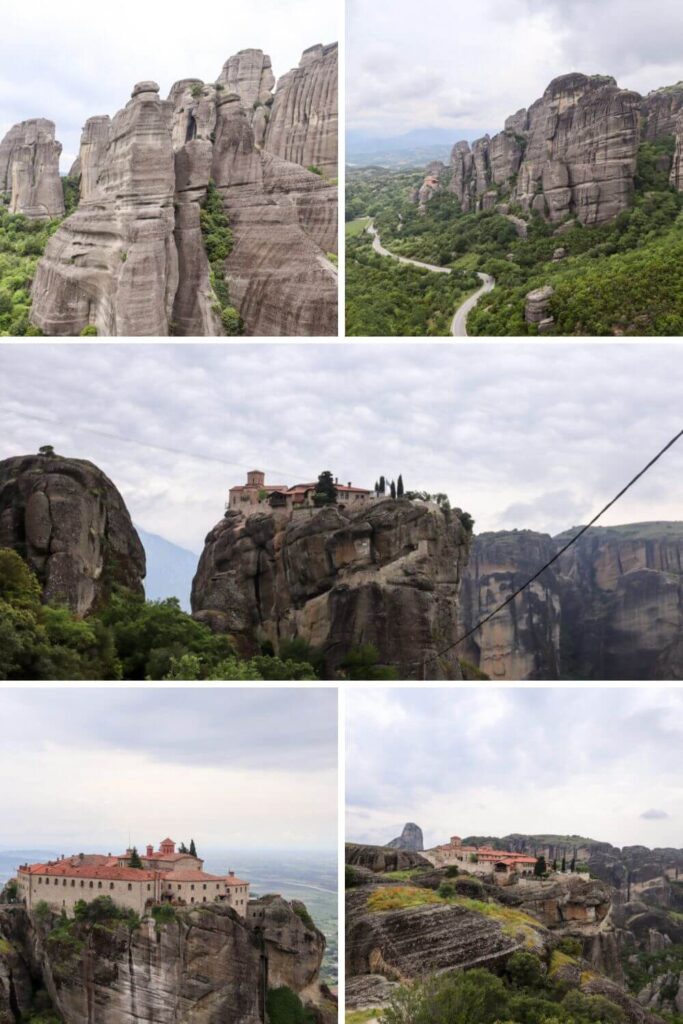
Greece Travel: Day 16 - Thessaloniki
Today, you’ll be driving to Thessaloniki. The drive is about 2.5 to 3.5 hours. You’ll be staying in an apartment for a few days there
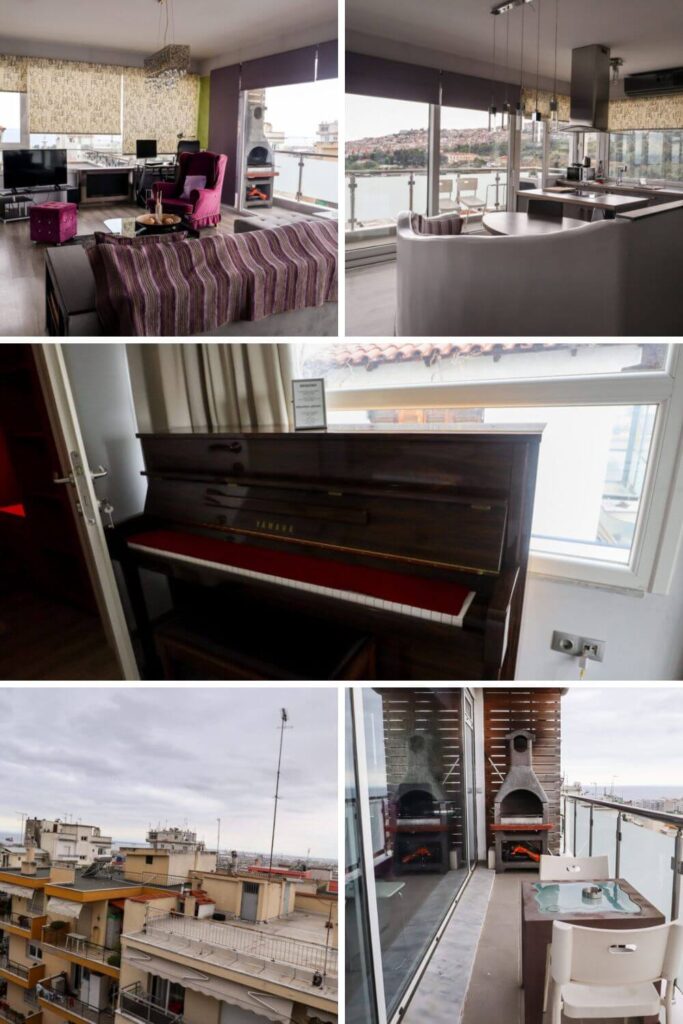
Greece Travel: Day 17 and 18 - Explore Thessaloniki
On both days, you’ll be exploring Thessaloniki.
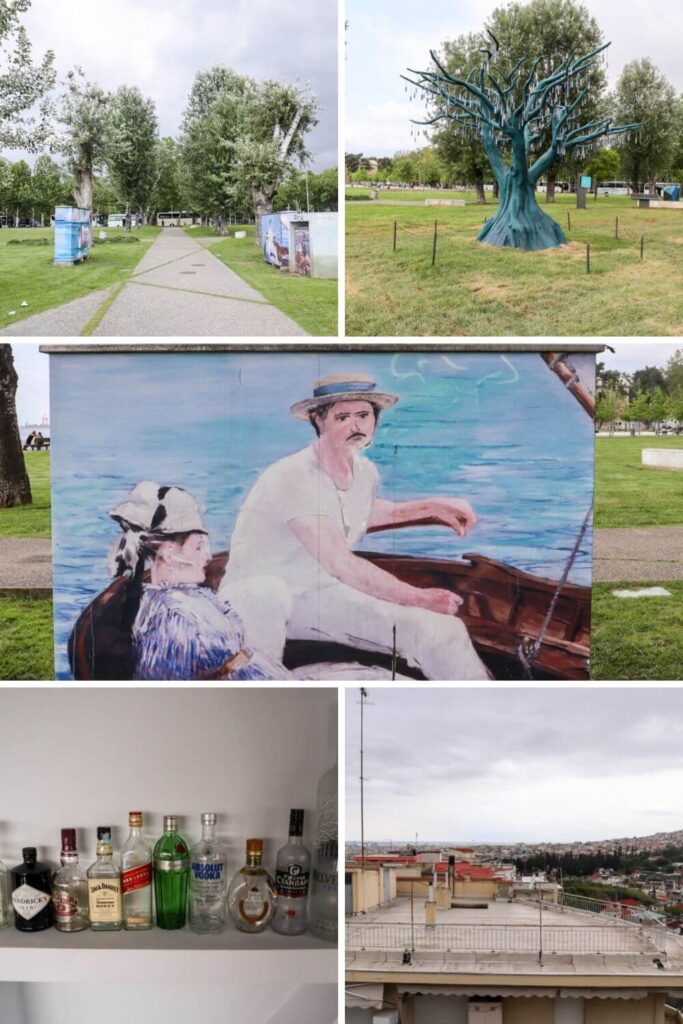
Greece Travel: Day 19 - Volos
Today, you’ll be driving by the Byzantine Castle of Platamon, the Holy Shrine of Saint Paraskevi at the Tempe, and, before your final stop in Volos, you’ll be spending only one night there.
Where I stayed: Xenia Palace Portaria
What I visited: Byzantine Castle of Platamon, Holy Shrine of Saint Paraskevi at Tempe
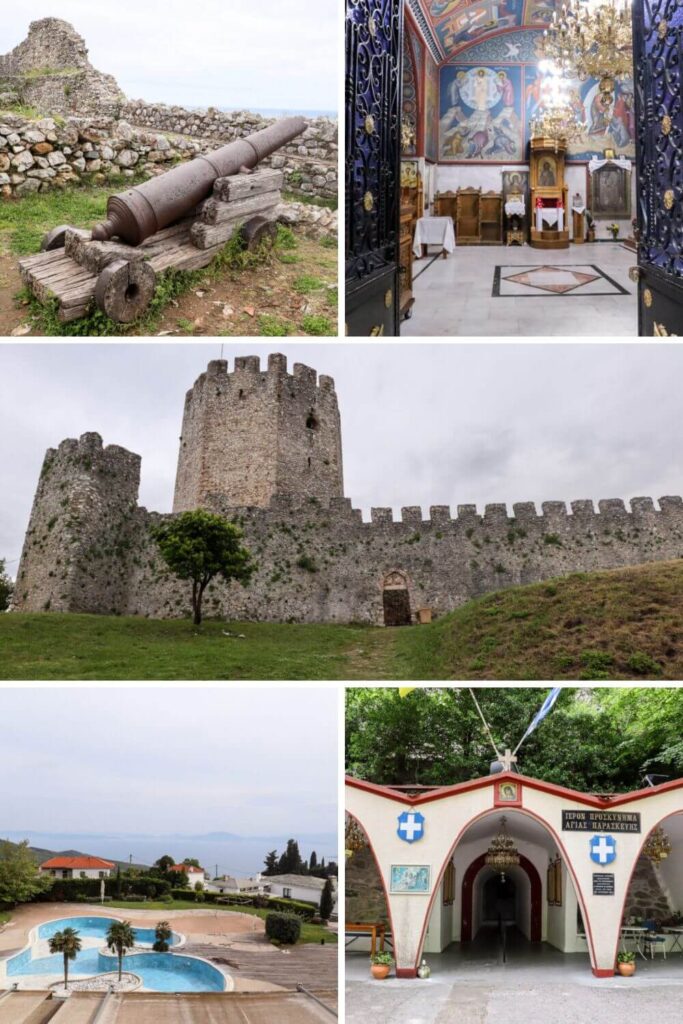
Greece Travel: Day 20 - Delphi
Today, you’ll be stopping by Bralos Cemetery, Castle of Lamia, and making your final stop in Delphi, where you’ll spend two nights.
Where I stayed: The Ferides Delphi Hotel
What I visited: Bralos Cemetery, Castle of Lamia
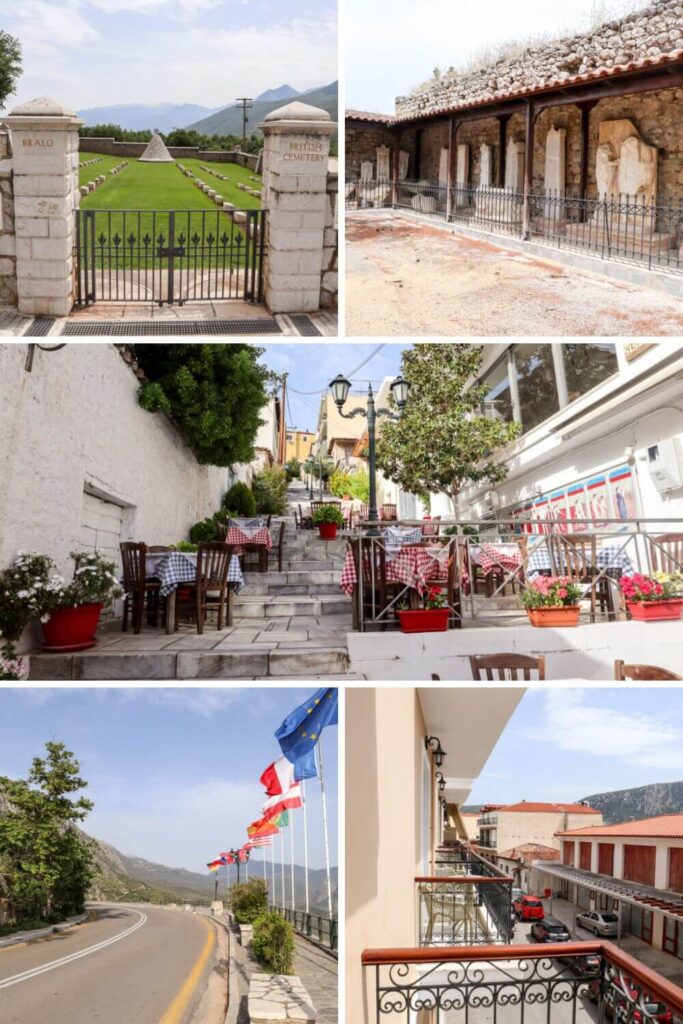
Greece Travel: Day 21- Archaeological site of Delphi
Today, you’ll explore the archaeological sites of Delphi, which include the Ancient Stadium of Delphi, Temple of Apollo (Delphi), Temple of Athena Pronaia, and the Ancient Theater of Delphi.
What I visited: Ancient Stadium of Delphi, Temple of Apollo (Delphi), Temple of Athena Pronaia, Ancient Theater of Delphi
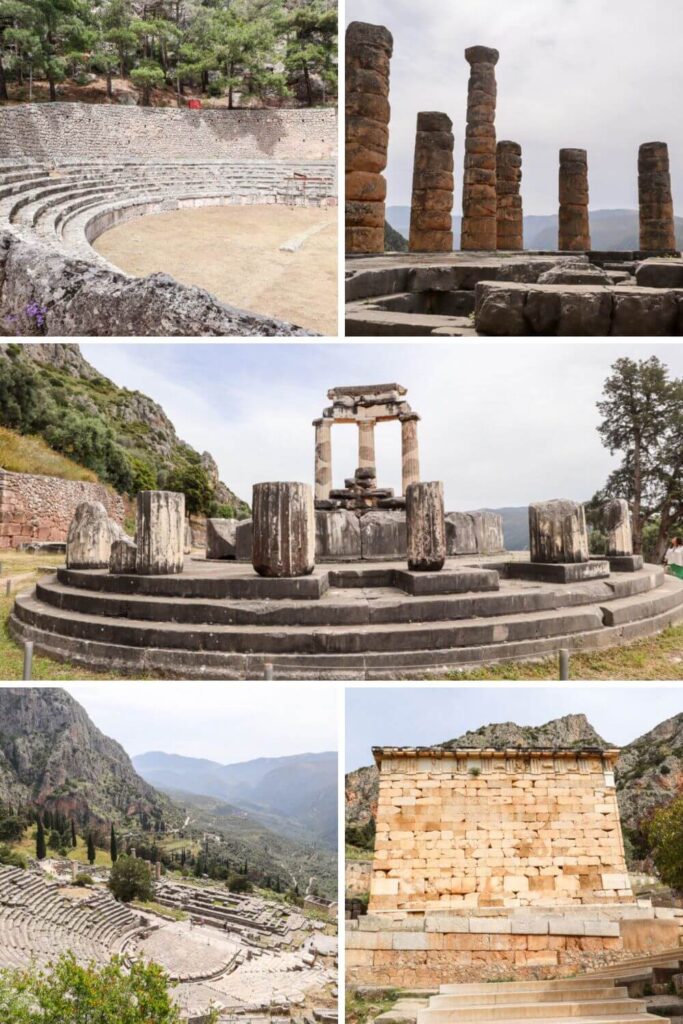
Greece Travel: Day 22 - Return to Athens
Today, you’ll return to Athens before starting your island-hopping journey. You will spend only one night there.
Where I stayed: The Port Square Hotel
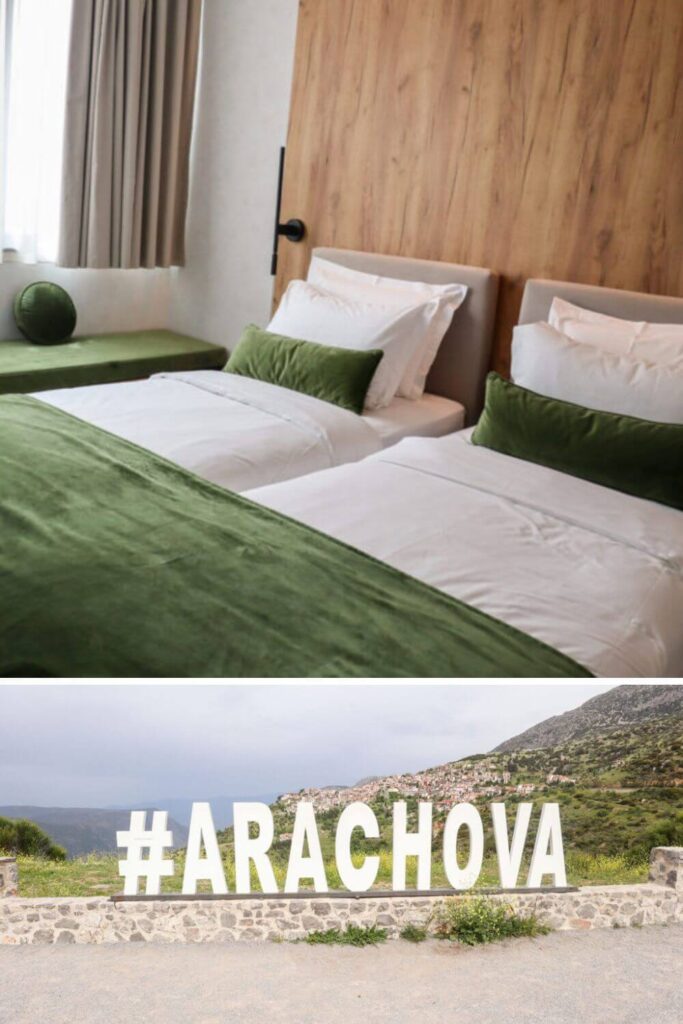
Greece Travel: Day 23 - Paros Island
Today, you’ll be taking a jet ferry to Paros Island. The ride usually takes about 3-4 hours. You’ll be staying at a Paros Island house for a couple of days.
What I visited: Marpissa Village, Aliki Village, Molos Beach, Piso Livadi
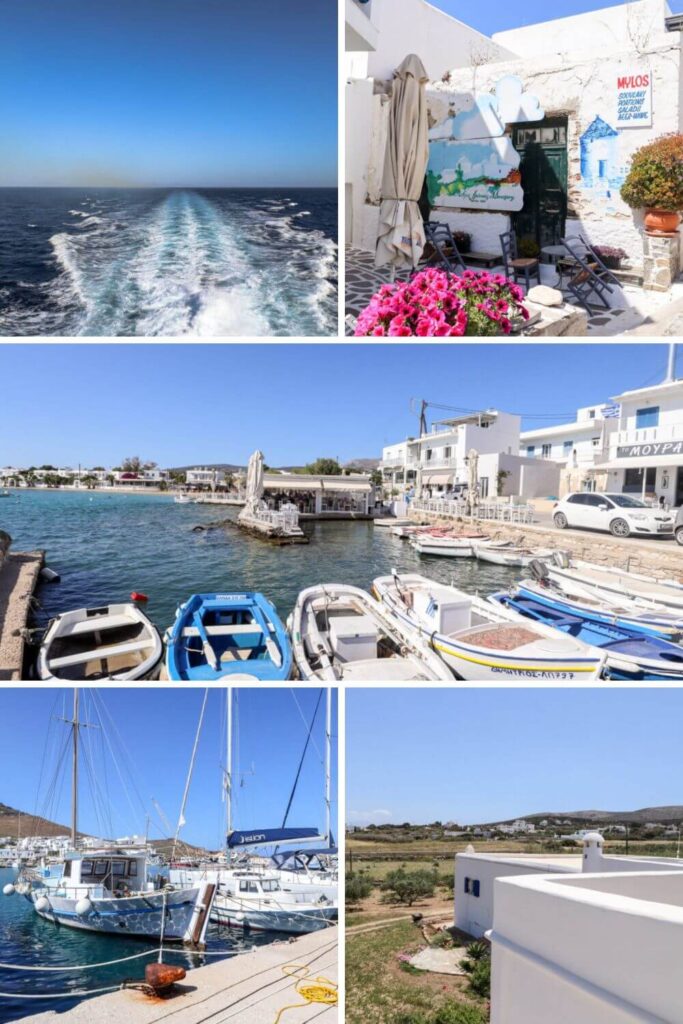
Greece Travel: Day 24 - Delos & Mykonas Island
Today, you’ll be taking a day trip to Delos and Mykonos Island.
What I visited: Delos, Mykonos Island
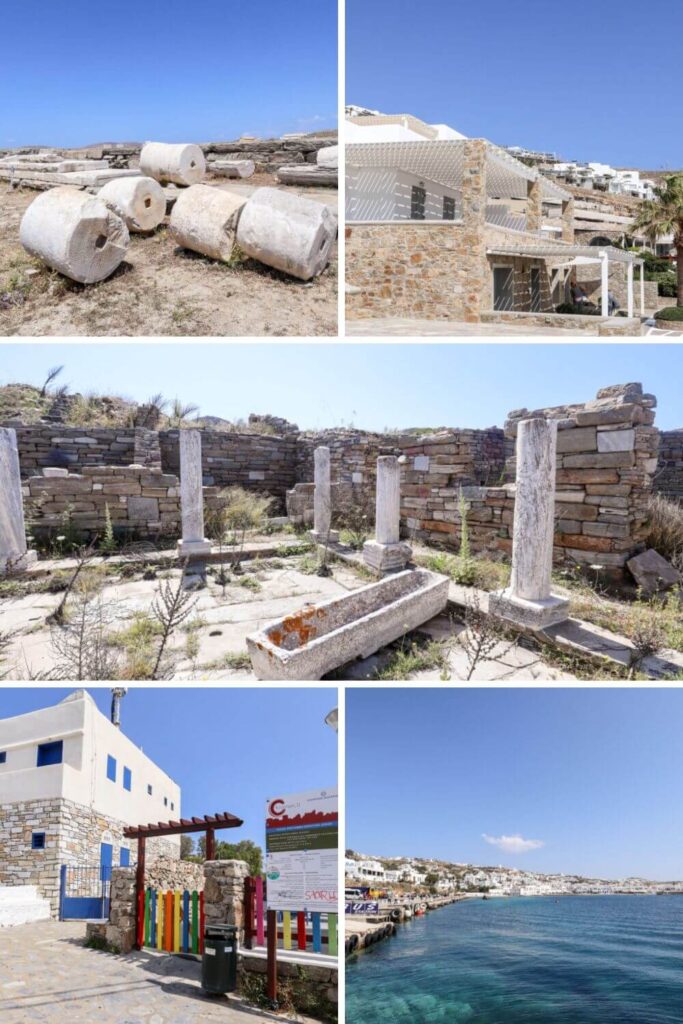
Greece Travel: Day 25 - Explore Paros Island
Today, you’ll be driving around Paros Island and exploring it.
What I visited: Naoussa Village
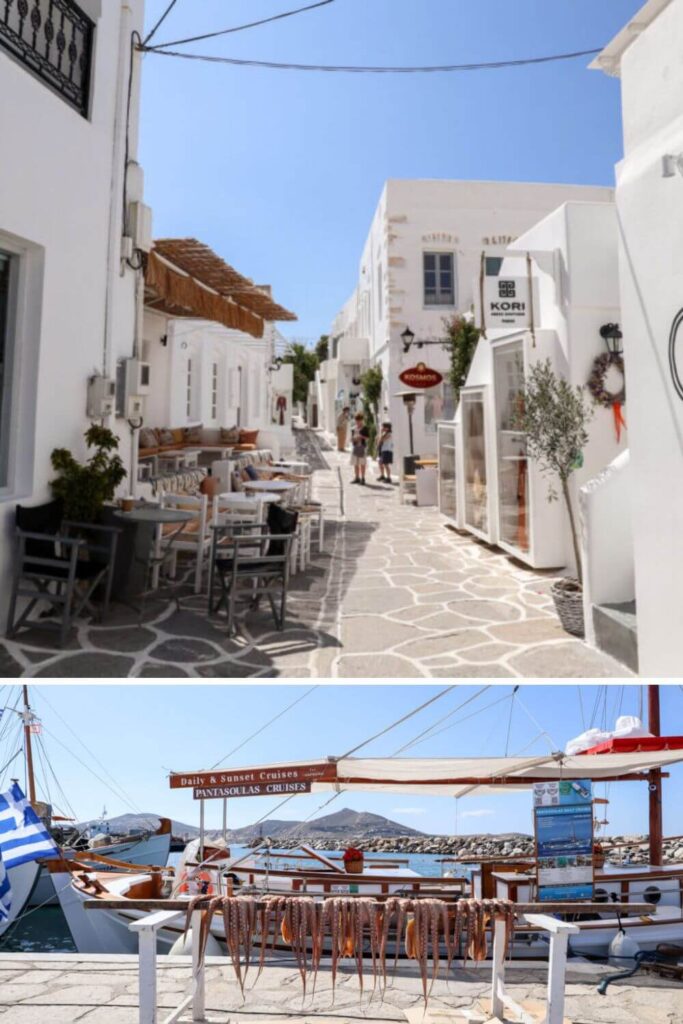
Greece Travel: Day 26 - Antiparos Island
Today, you’ll be taking a short ferry ride to Antiparos Island from Paros Island. It is about a 7-minute ride.
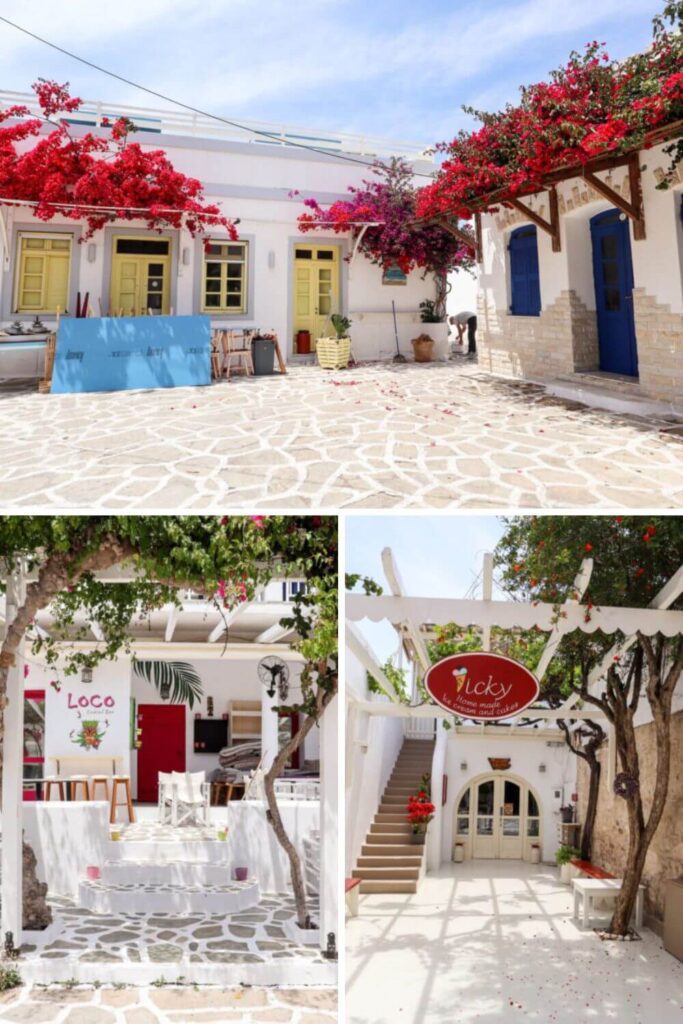
Greece Travel: Day 27 - Naxos Island
Today, you’ll be traveling to Naxos Island by jet ferry. The ride will take about 30-40 minutes. You will be staying on Naxos Island for a couple of days.
Where I stayed: Pension Sofi
What I visited: The Temple of Apollo – Portara
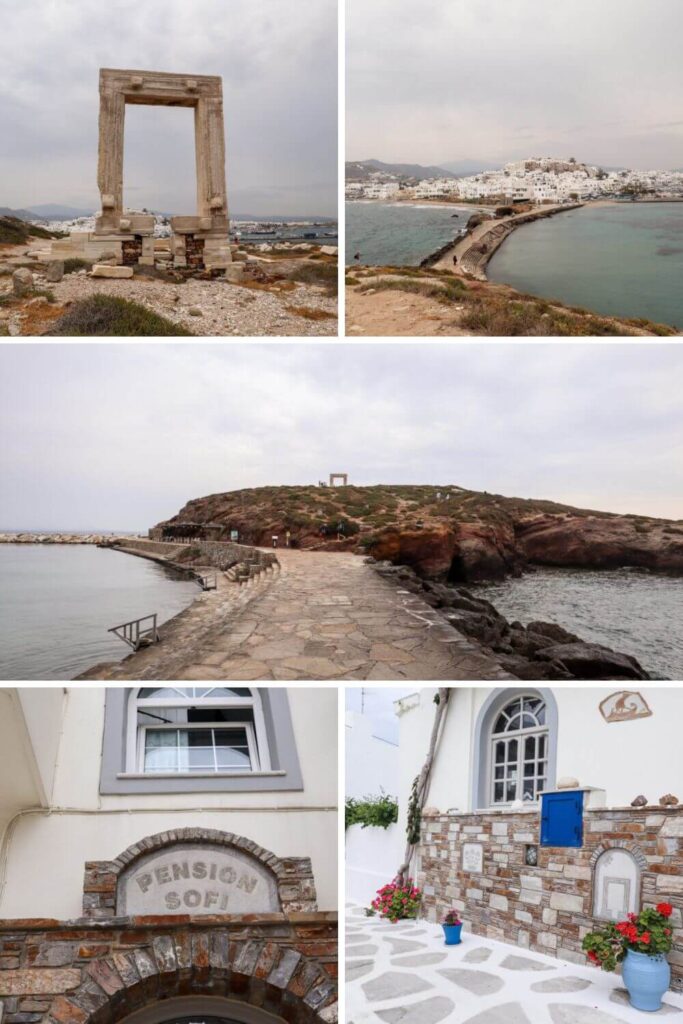
Greece Travel: Day 28 - Naxos Island
Today you’ll be driving around Naxos Island and exploreing it. Will be visiting Apollonas Kouros, Lionas Village, and Moutsouna Beach.
What I visited: Apollonas Kouros, Lionas Village, Moutsouna Beach
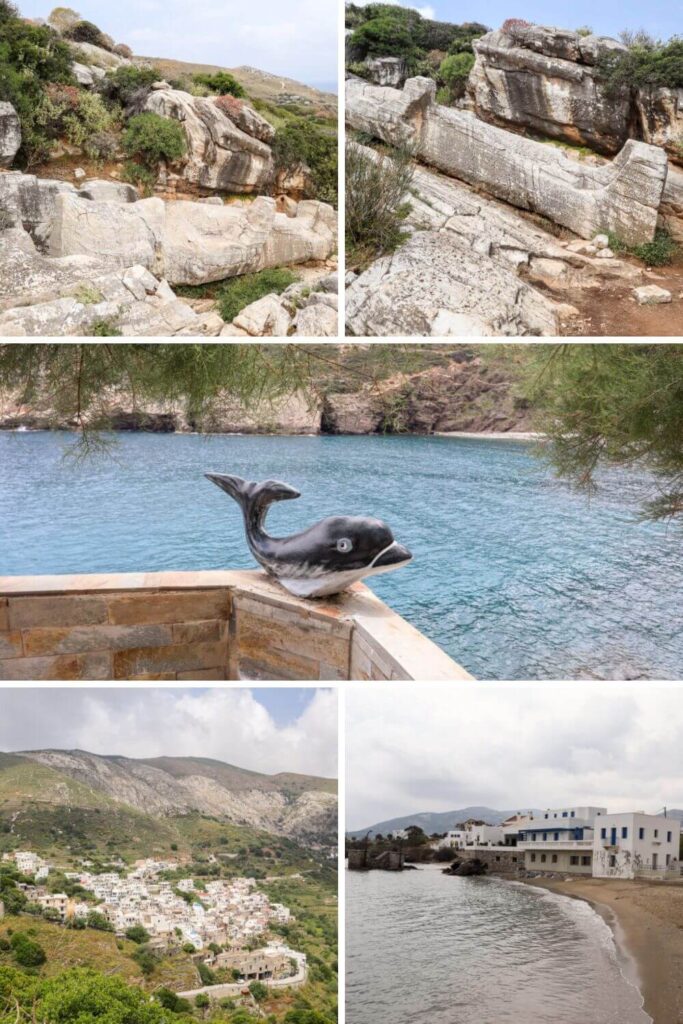
Greece Travel: Day 29 - Naxos Island
Today, you’ll visit Agali Beach (Chora), Apeiranthos Village, Faragi Kouros, Panagia Drossiani Church, and Plaka Beach.
What I visited: Agali Beach (Chora), Apeiranthos Village, Faragi Kouros, Panagia Drossiani Church, Plaka Beach
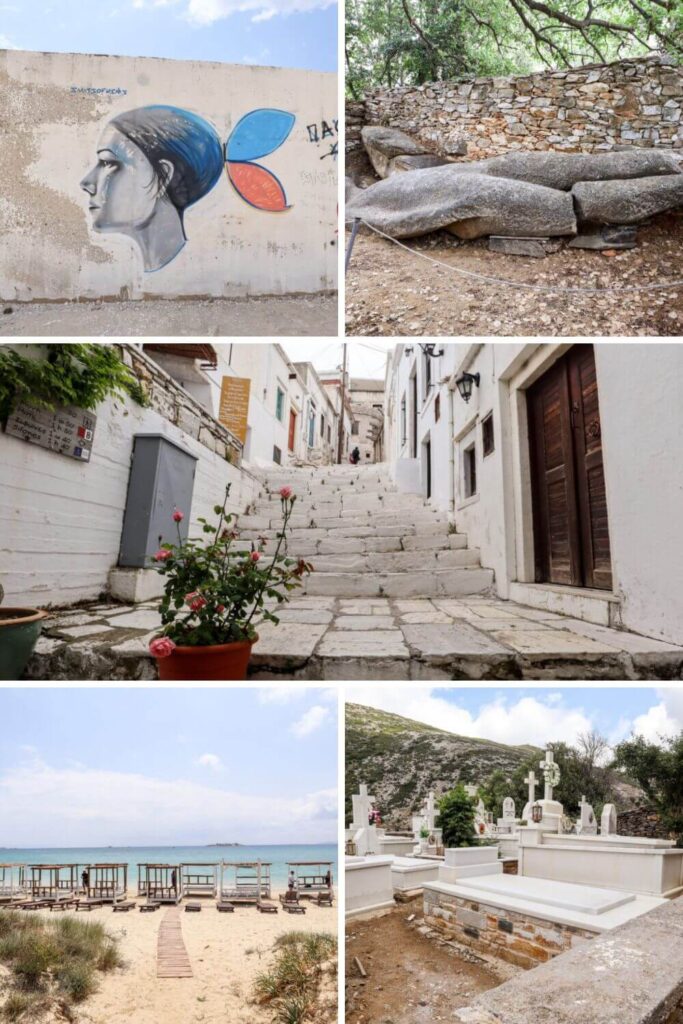
Greece Travel: Day 30 - Naxos Island
Today you’ll visit the Demeter Temple and explore the rest of Naxos Island.
What I visited: Demeter Temple
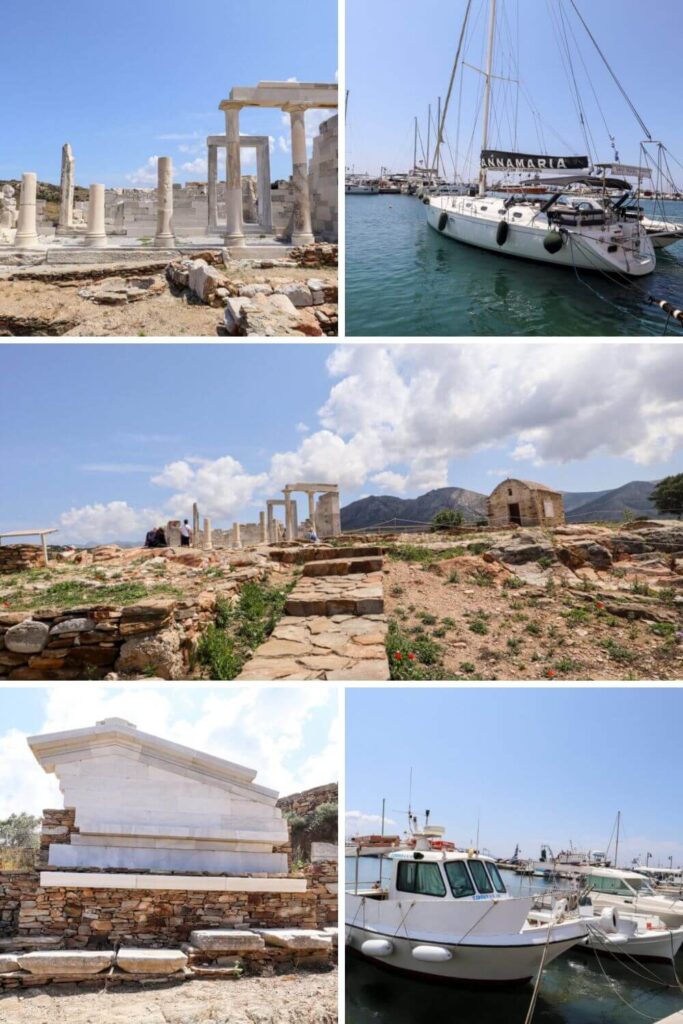
Greece Travel: Day 31 - Santorini
Today you’ll take a jet ferry from Naxos Island to Santorini. You will be staying in Thira for a couple of nights.
Where I stayed: Atlantis Hotel
What I visited: Thira, Kamari Village
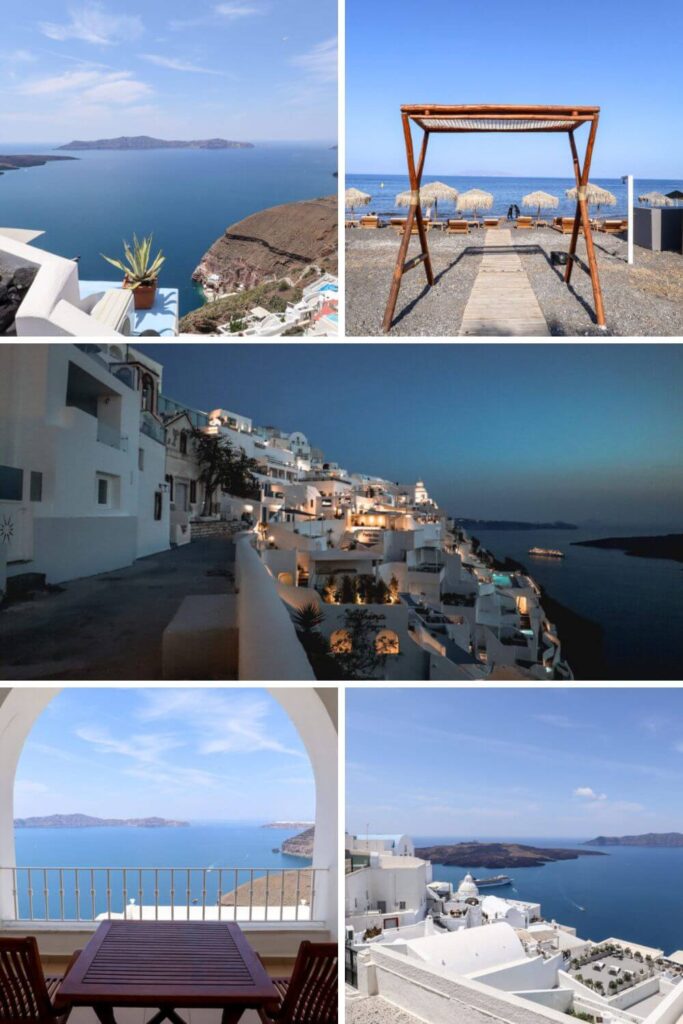
Greece Travel: Day 32 - Santorini
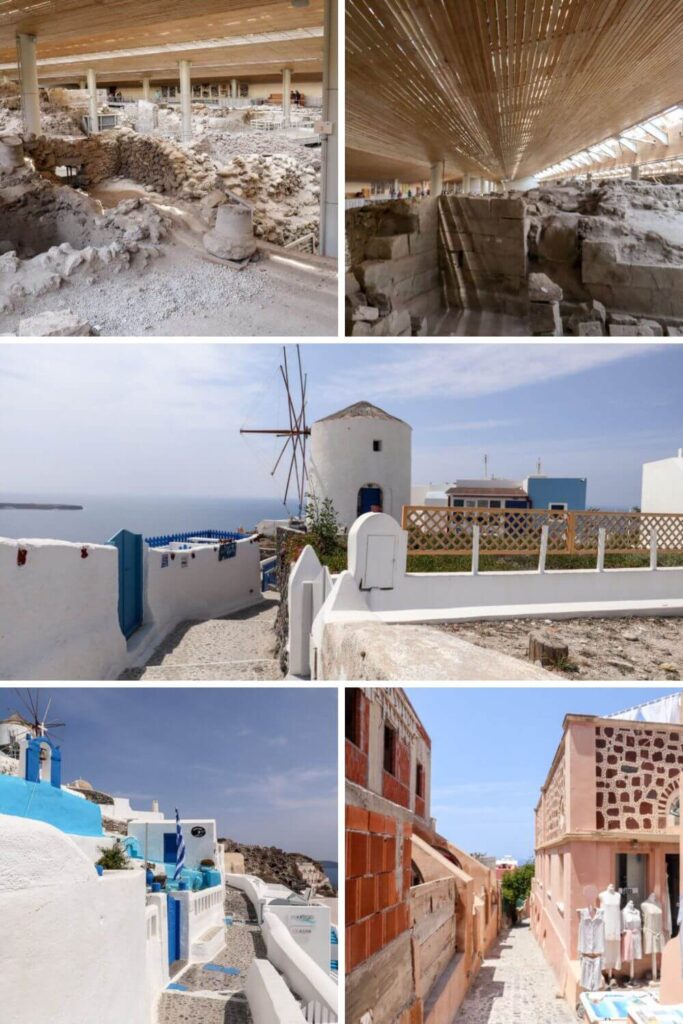
Greece Travel: Day 33 - Santorini
Today you’ll visit Perissa Village and explore rest of the island.
What I visited: Perissa Village
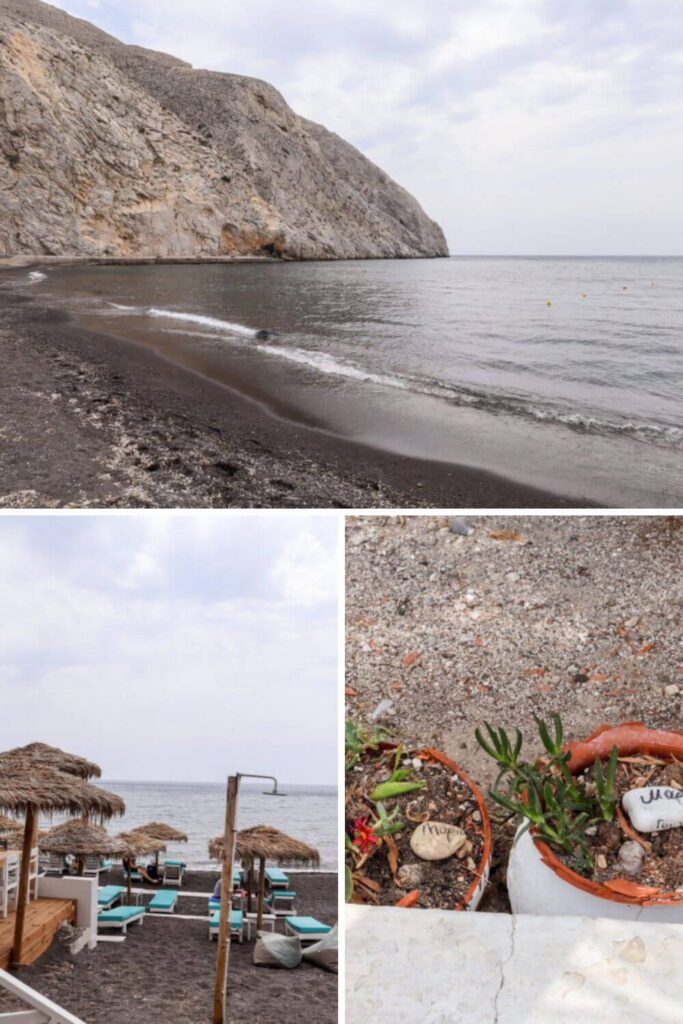
Greece Travel: Day 34 - Crete Island
Today you’ll be taking a jet ferry from Santorini Island to Crete Island. The ride will take a couple of hours. You’ll be first staying in Heraklion and then second will be in Chania.
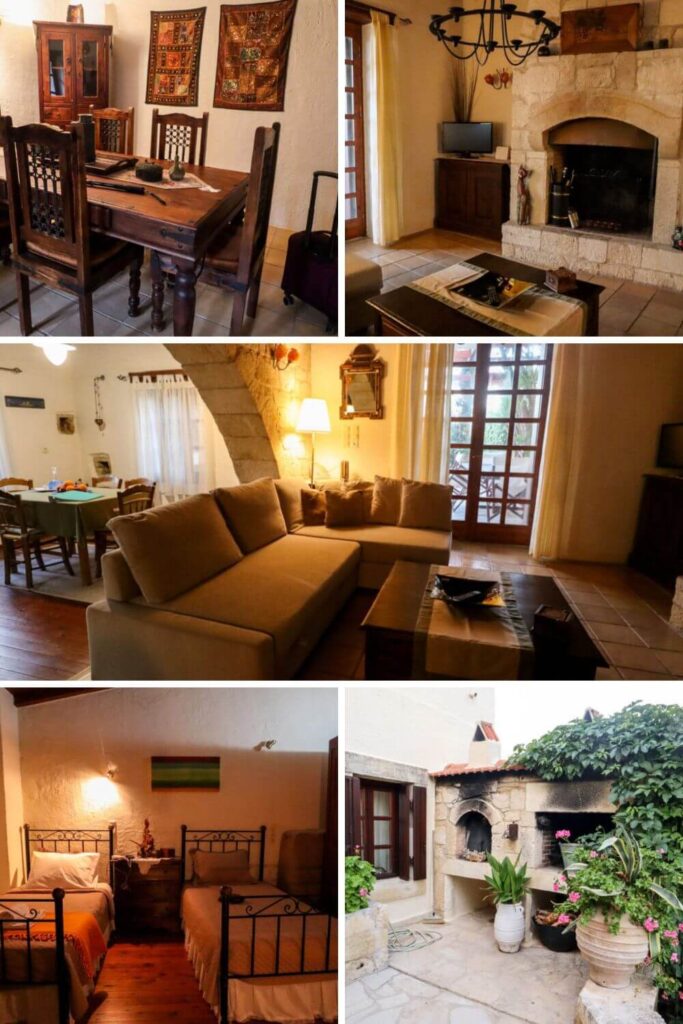
Greece Travel: Day 35 - Crete Island
Today you’ll be visiting Knossos, Krasi Village, Malia Palace Archaeological Site, and Omalia Olive Press.
What I visited: Knossos, Krasi Village, Malia Palace Archaeological Site, Omalia Olive Press
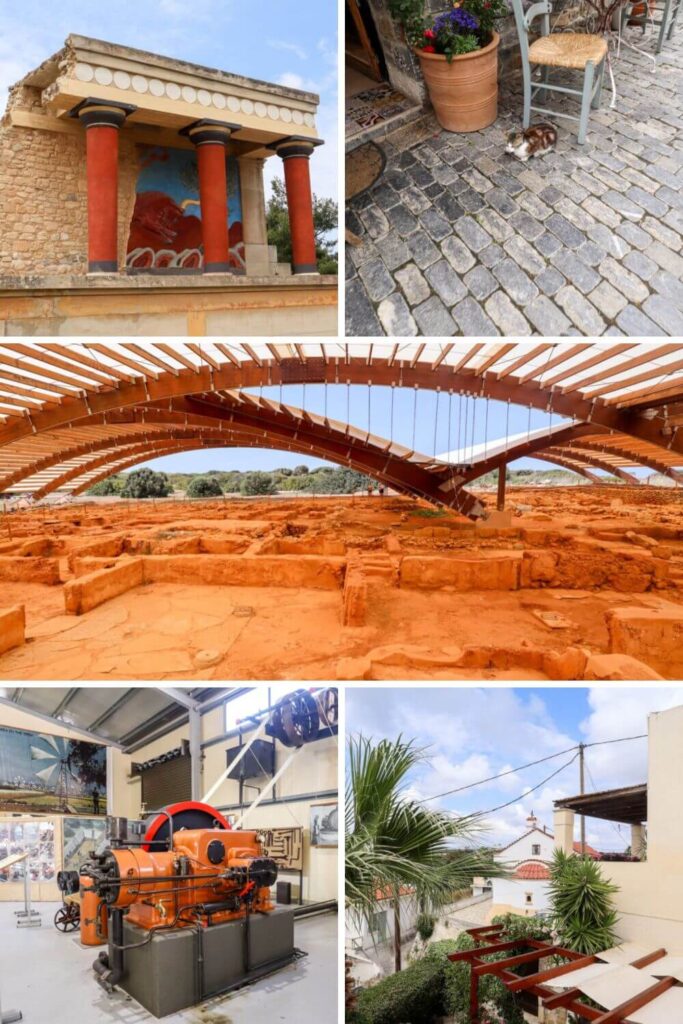
Greece Travel: Day 36 - Crete Island
Today you’ll be driving around Crete Island.
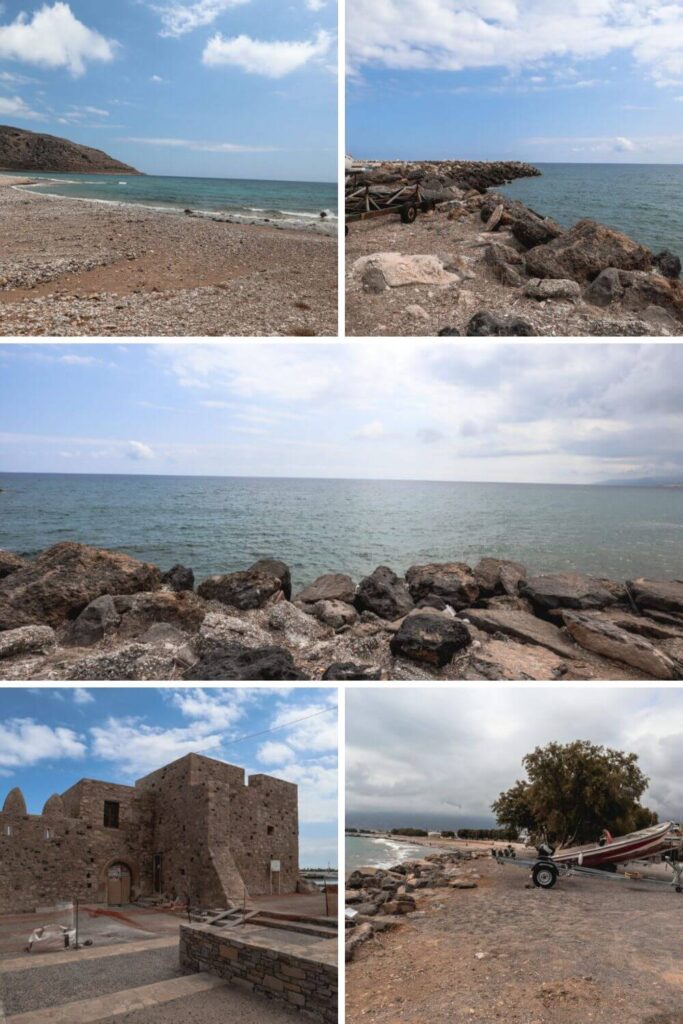
Greece Travel: Day 37 - Crete Island
Today you’ll be driving to Chania from Heraklion. You will be staying there for a couple of days.
Where I stayed: Kydon, The Heart City Hotel
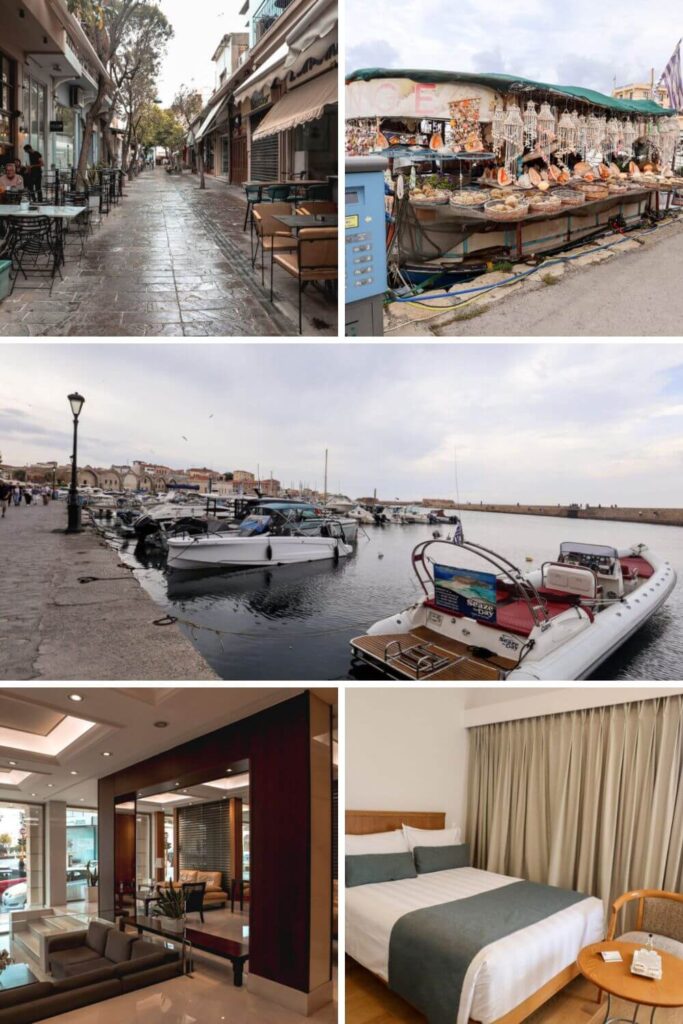
Greece Travel: Day 38 - Crete Island
Today you’ll be exploring the Old Town of Chania and Maritime Museum of Crete.
What I visited: Old Town of Chania, Maritime Museum of Crete
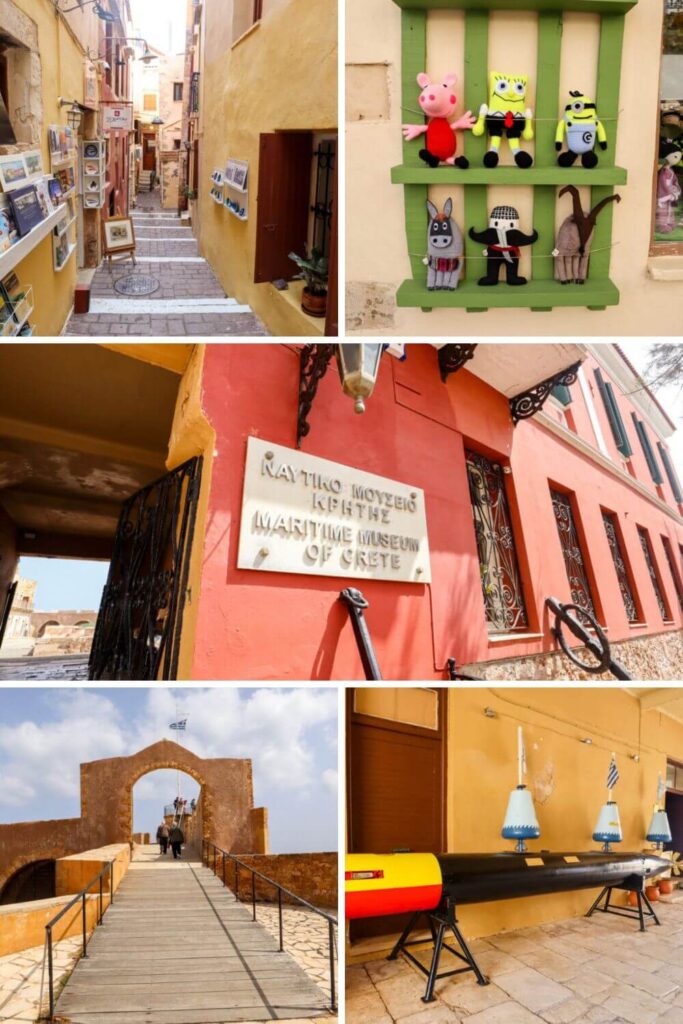
Greece Travel: Day 39 and 40 - Crete Island
On both days, you’ll be doing the Hop-On Hop-Off Bus Tour.
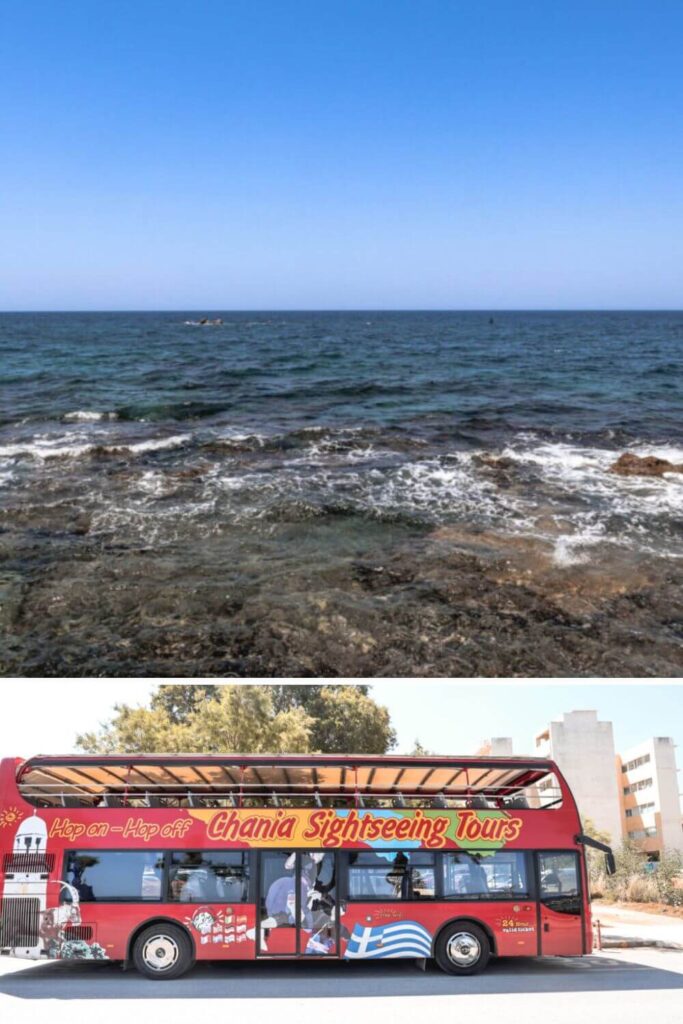
Greece Travel: Day 41- Return to Athens
Today, you’ll be returning to Athens and staying there for 2 nights before you return home.
Where I stayed: Athens Gate Hotel
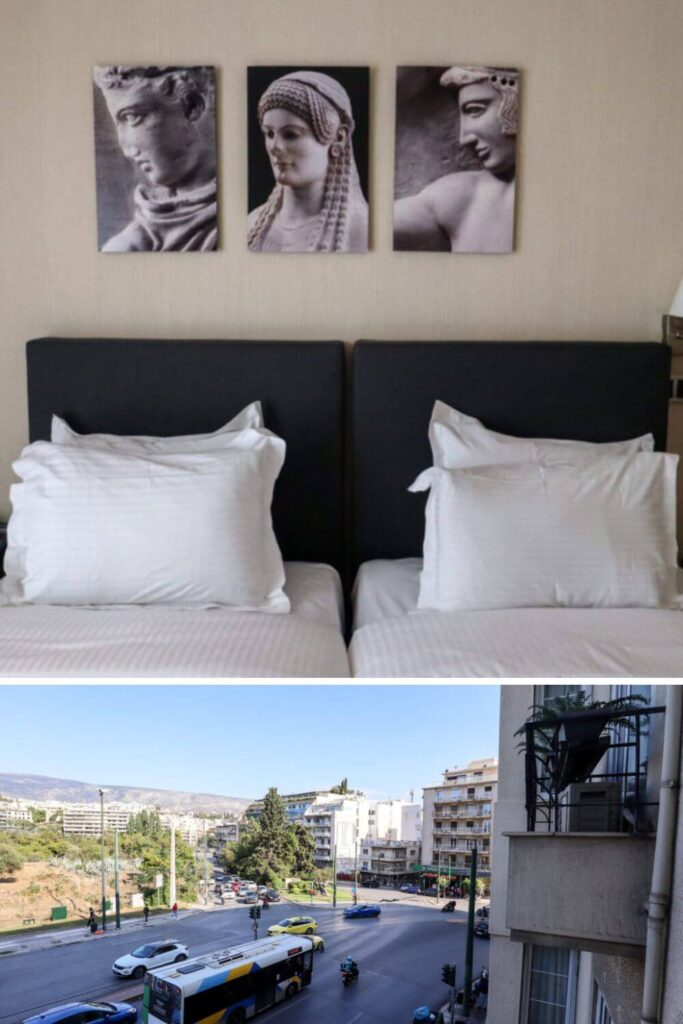
Greece Travel: Day 42- Athens
Today is your final day in Athens. You’ll see things that you hadn’t seen the first time you were here.
What I visited: Athens National Garden, Temple of Olympian Zeus
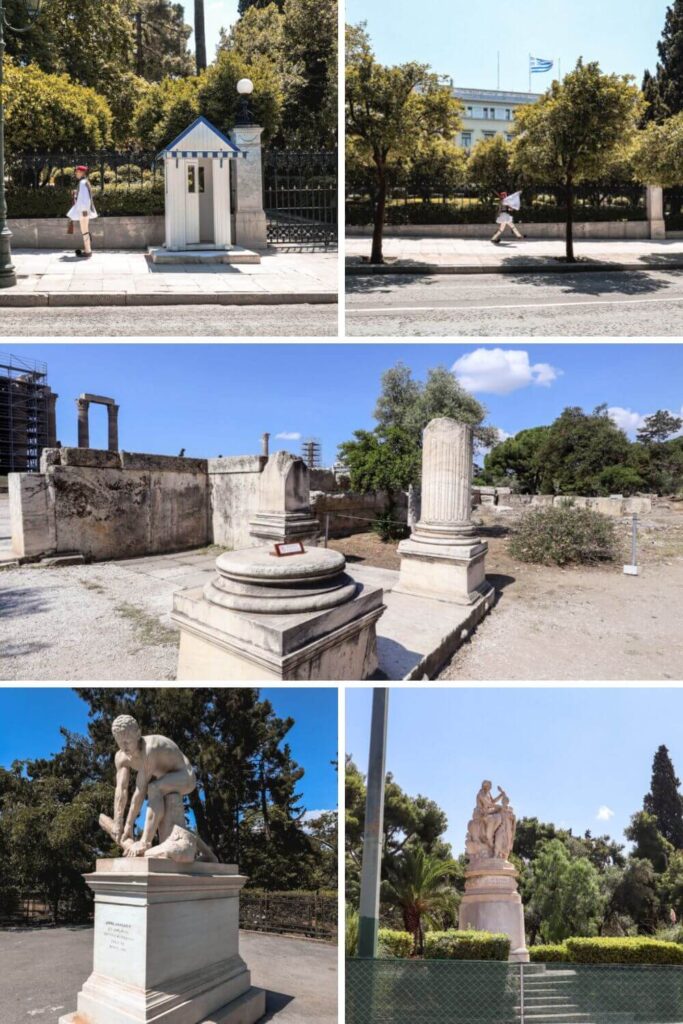
Map
Final thought
I loved my trip to Greece. I would visit again, but this time explore some of the islands I didn’t get to see. Cheers!
Overall rating: 5/5
Like this Post? Save it on Pinterest!
